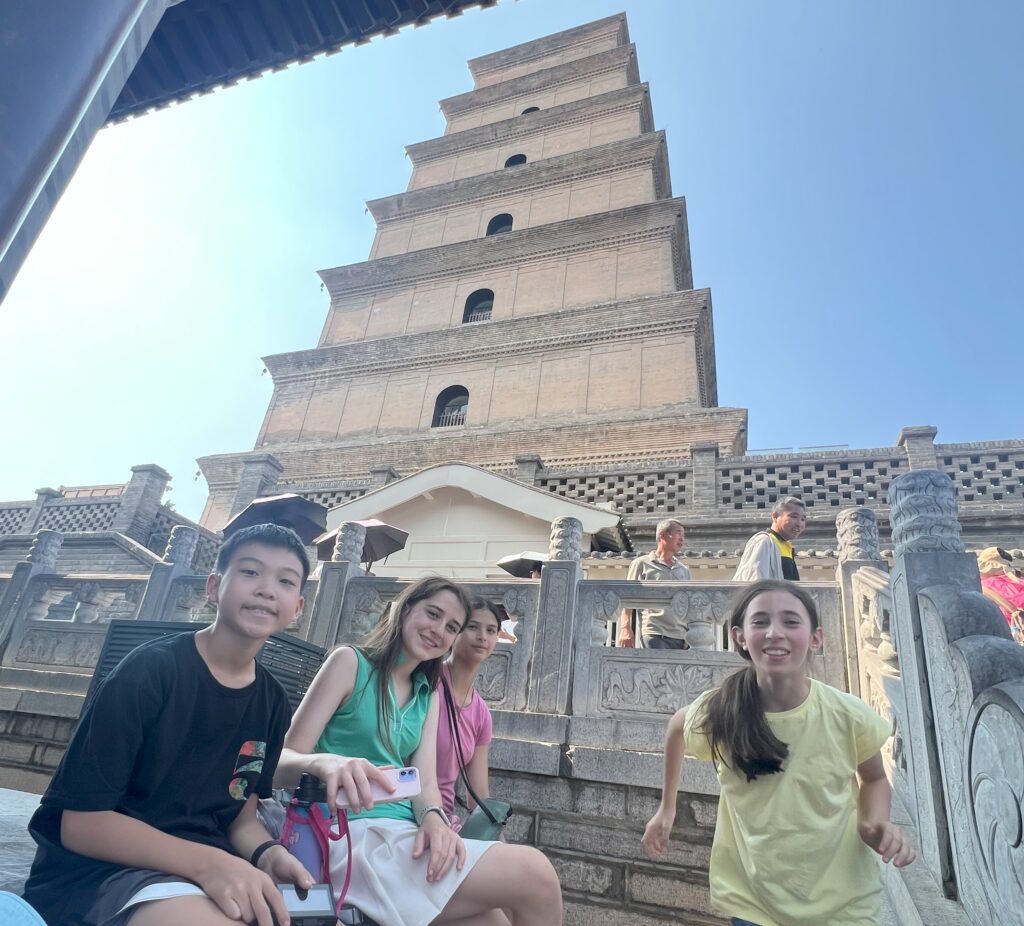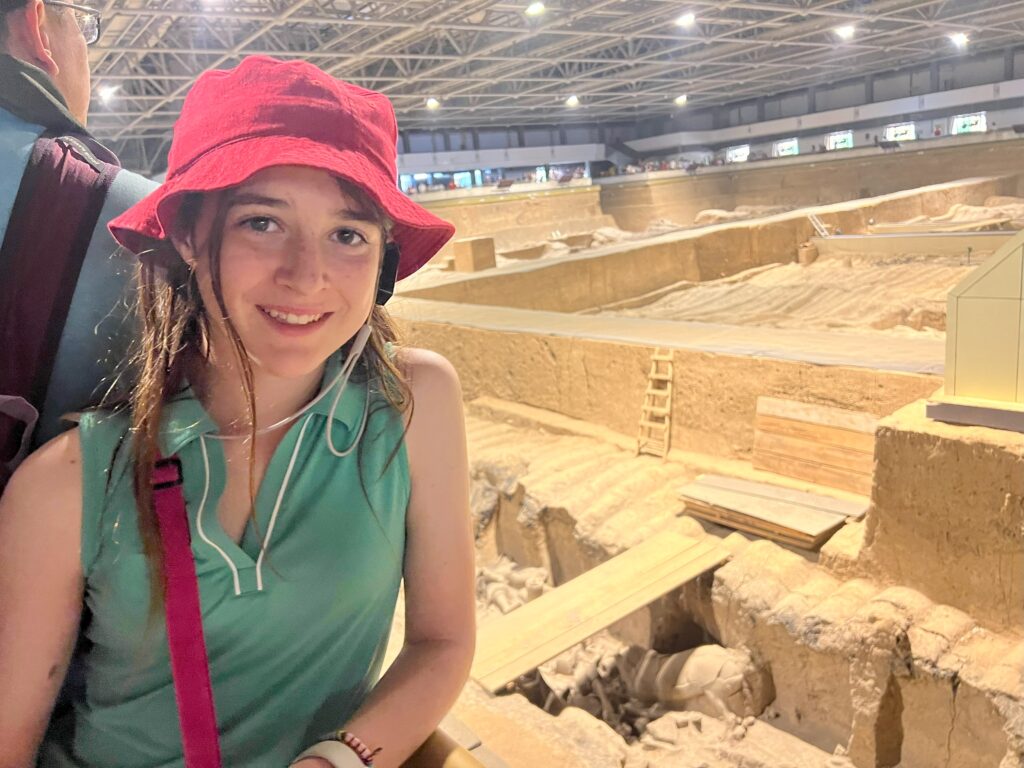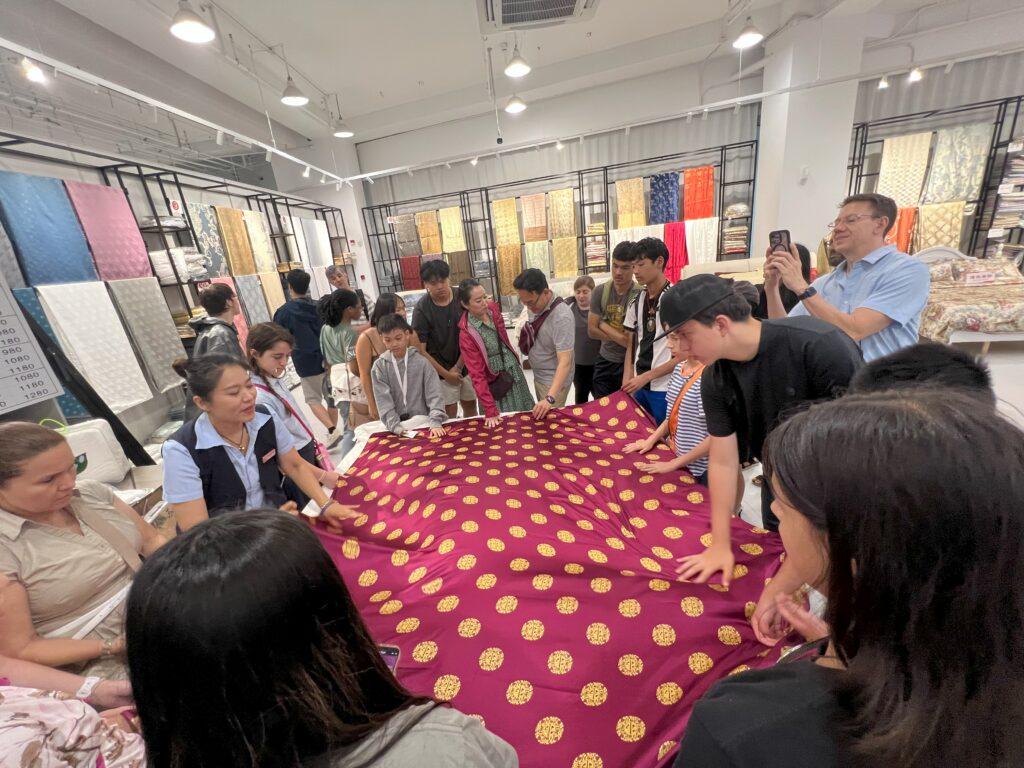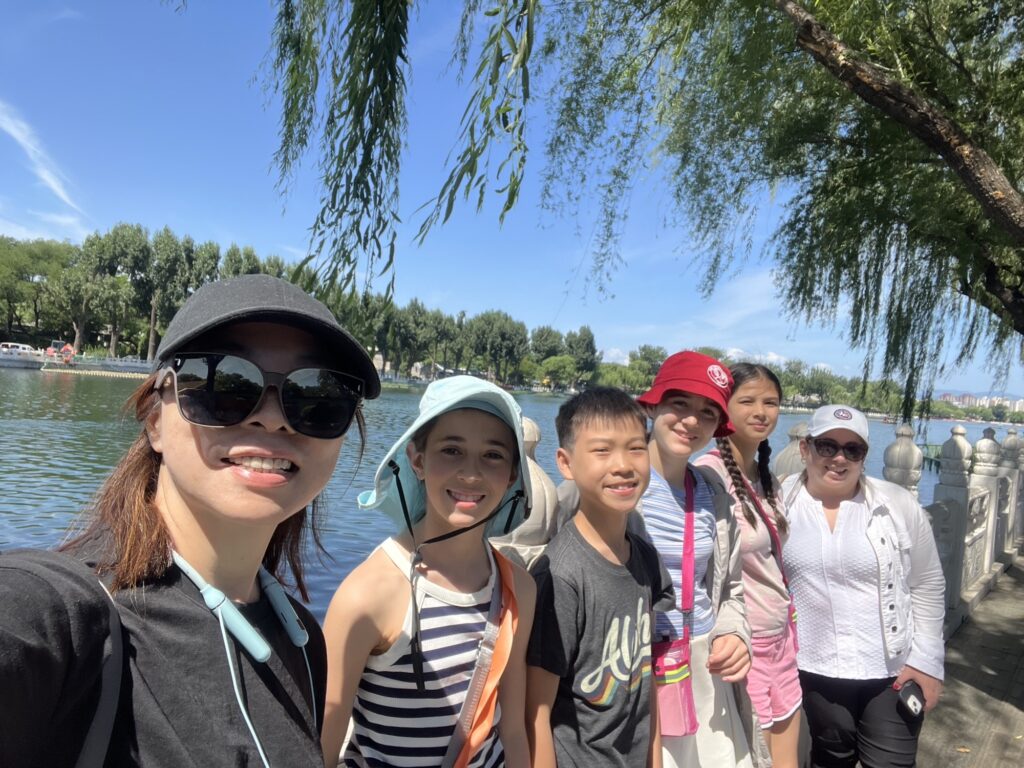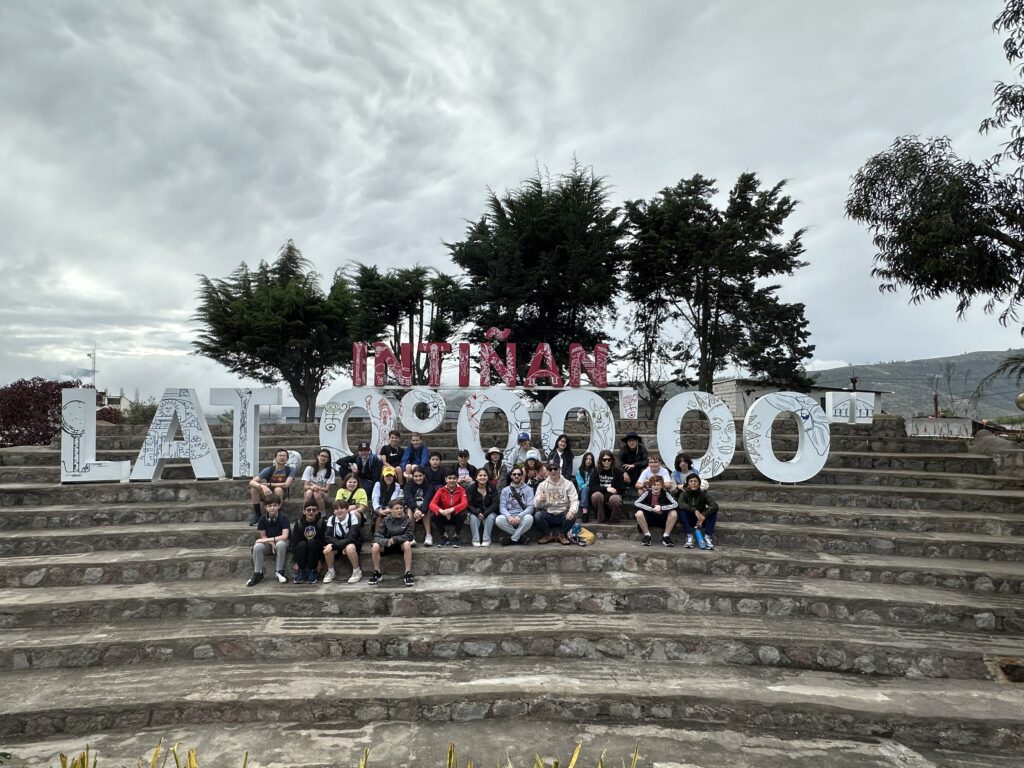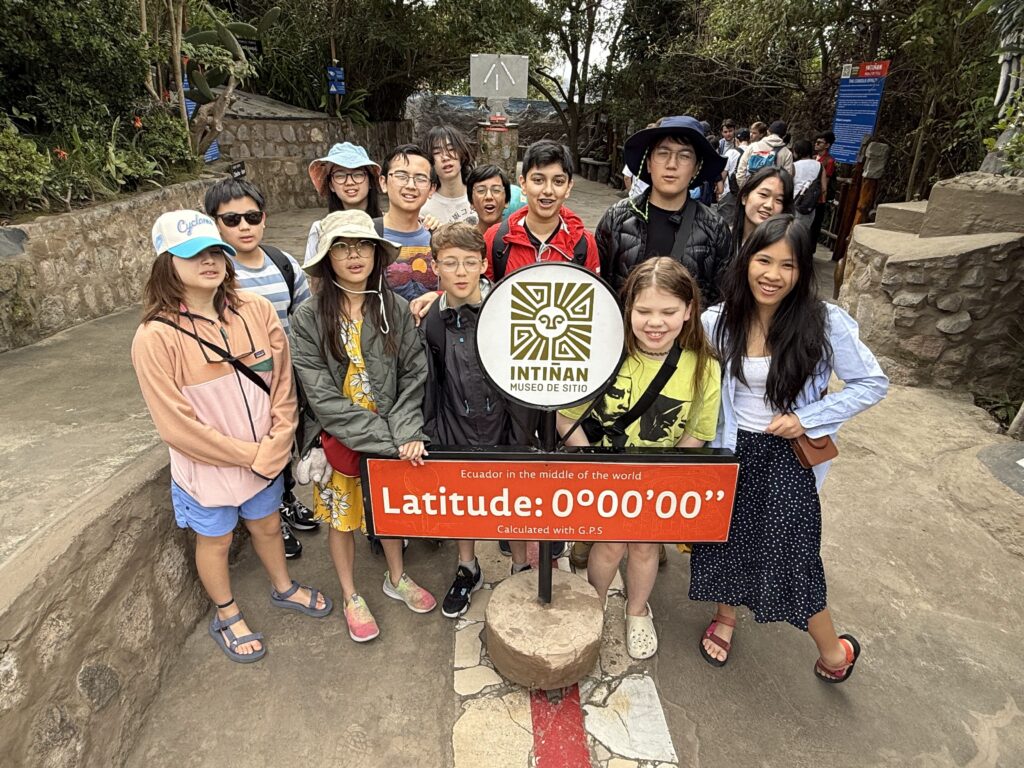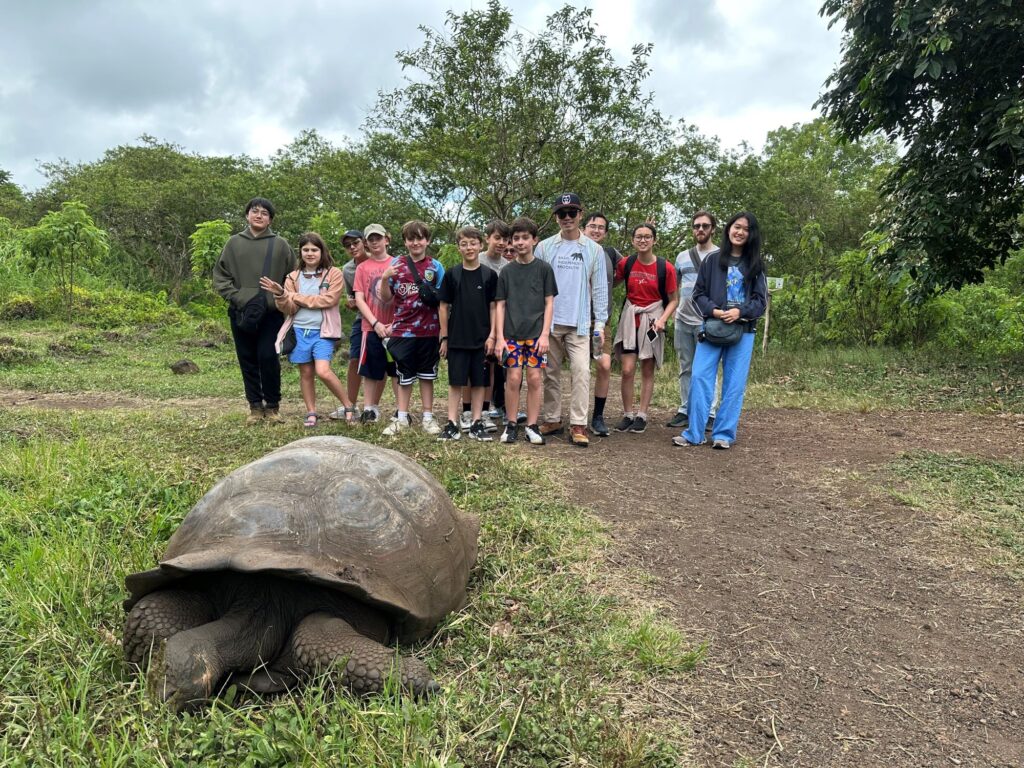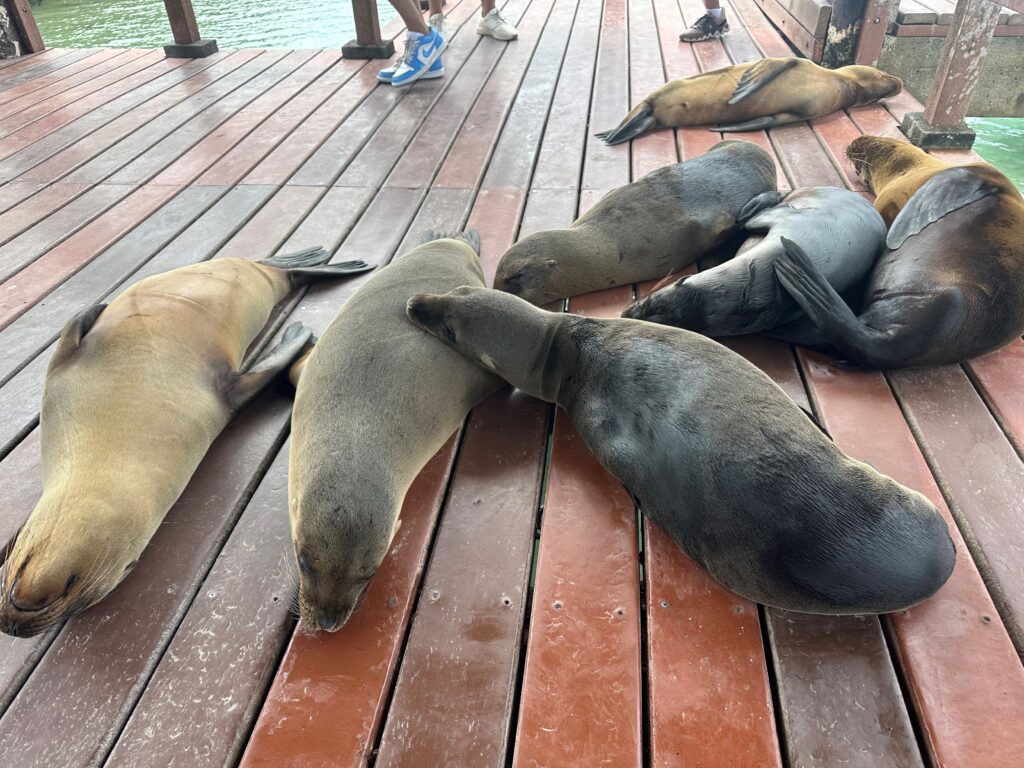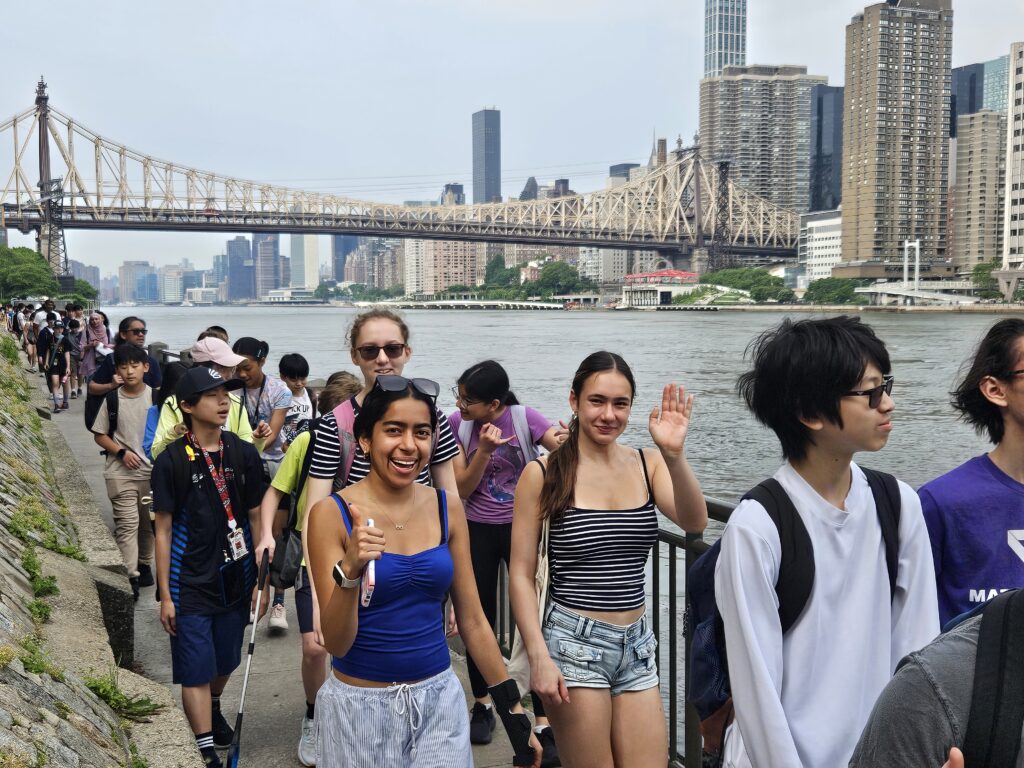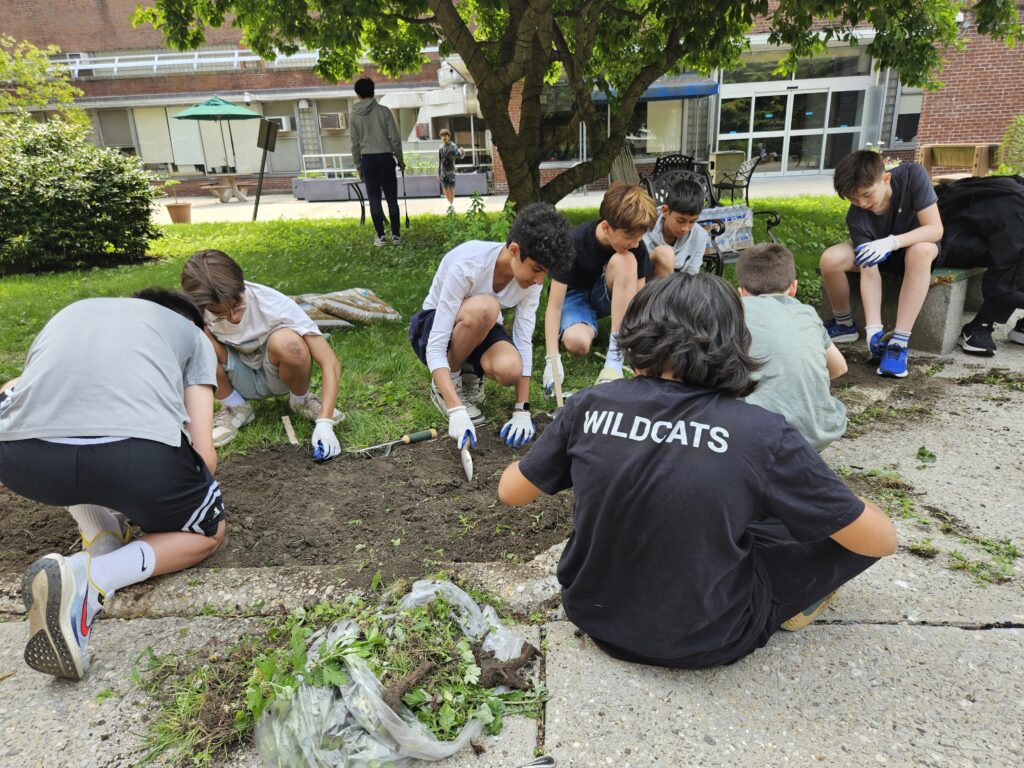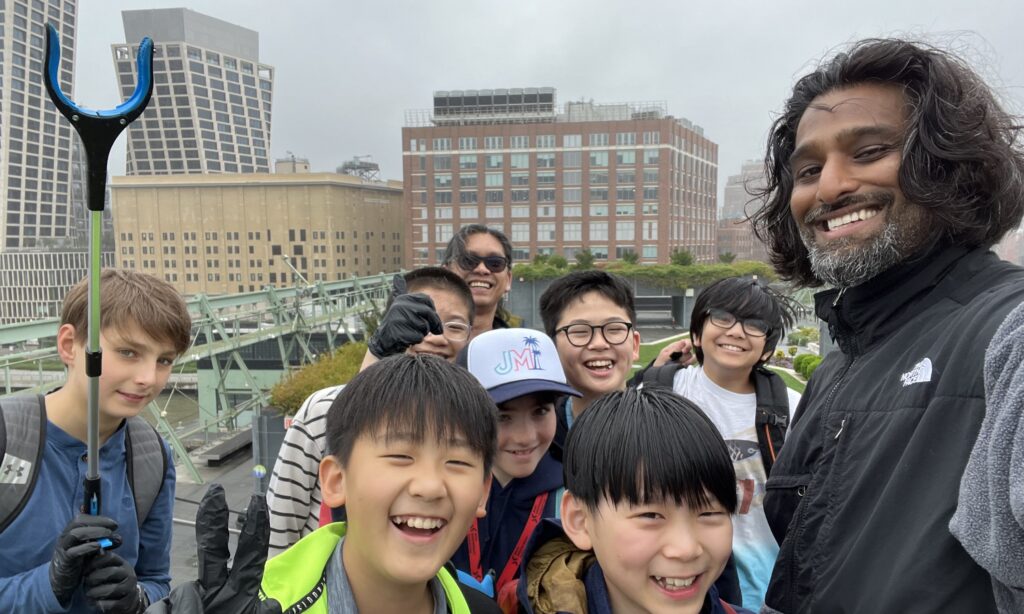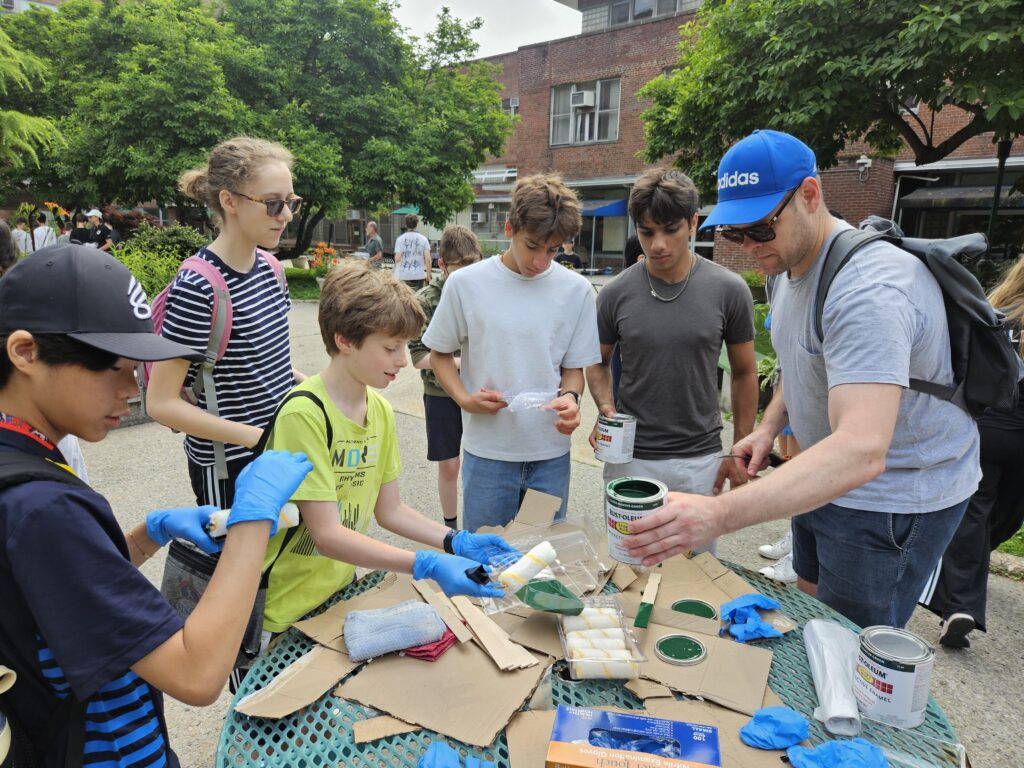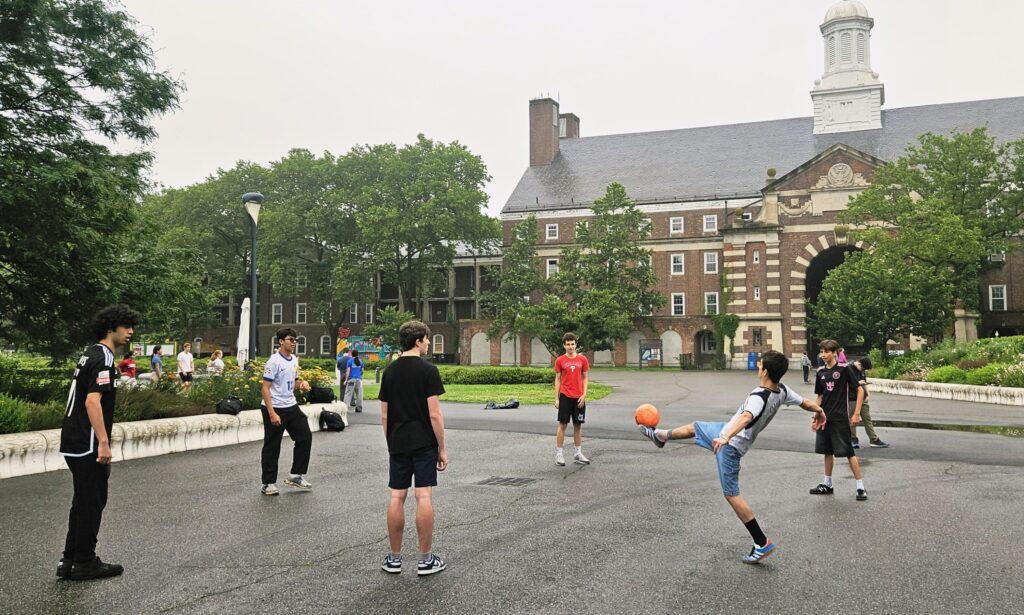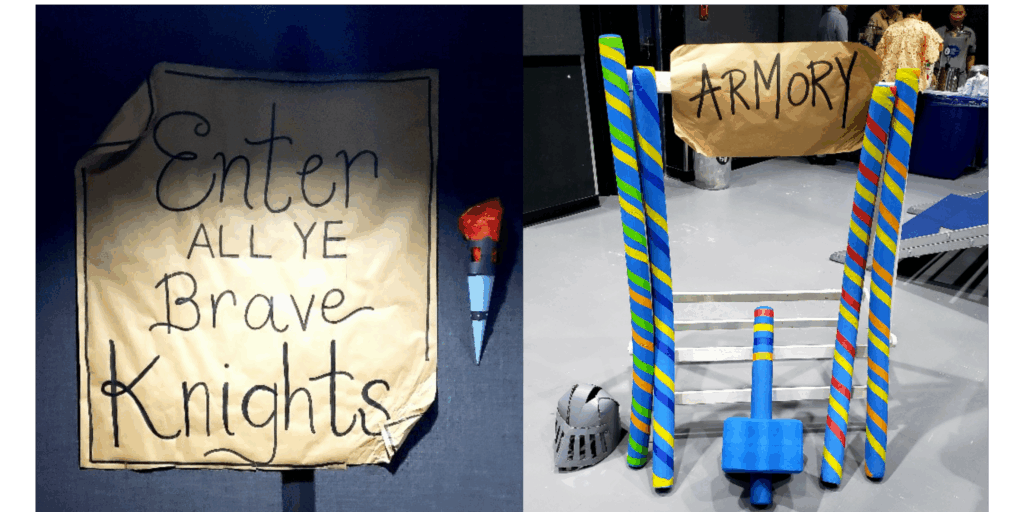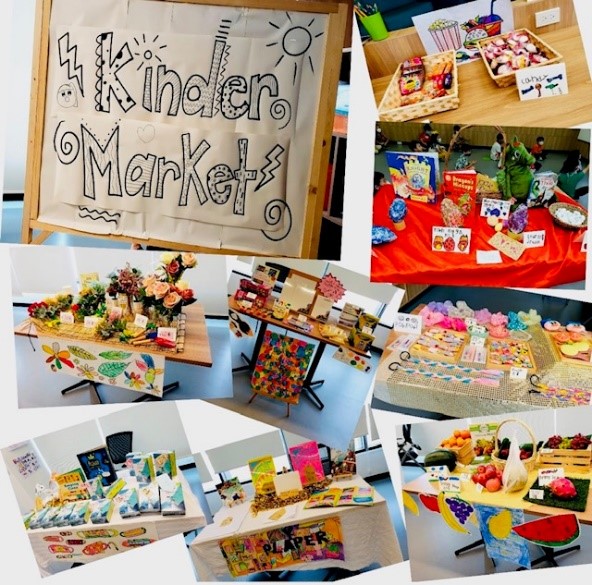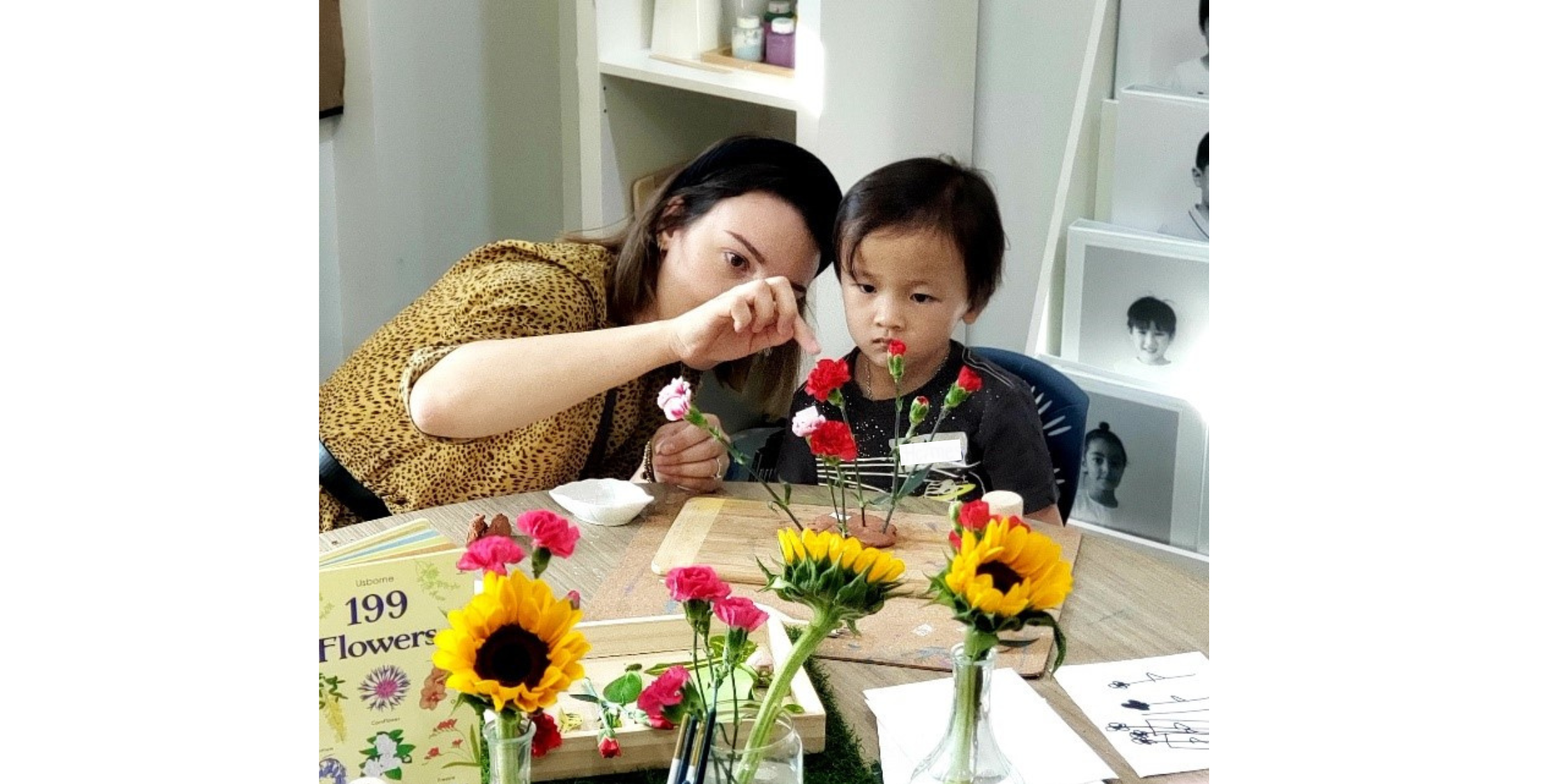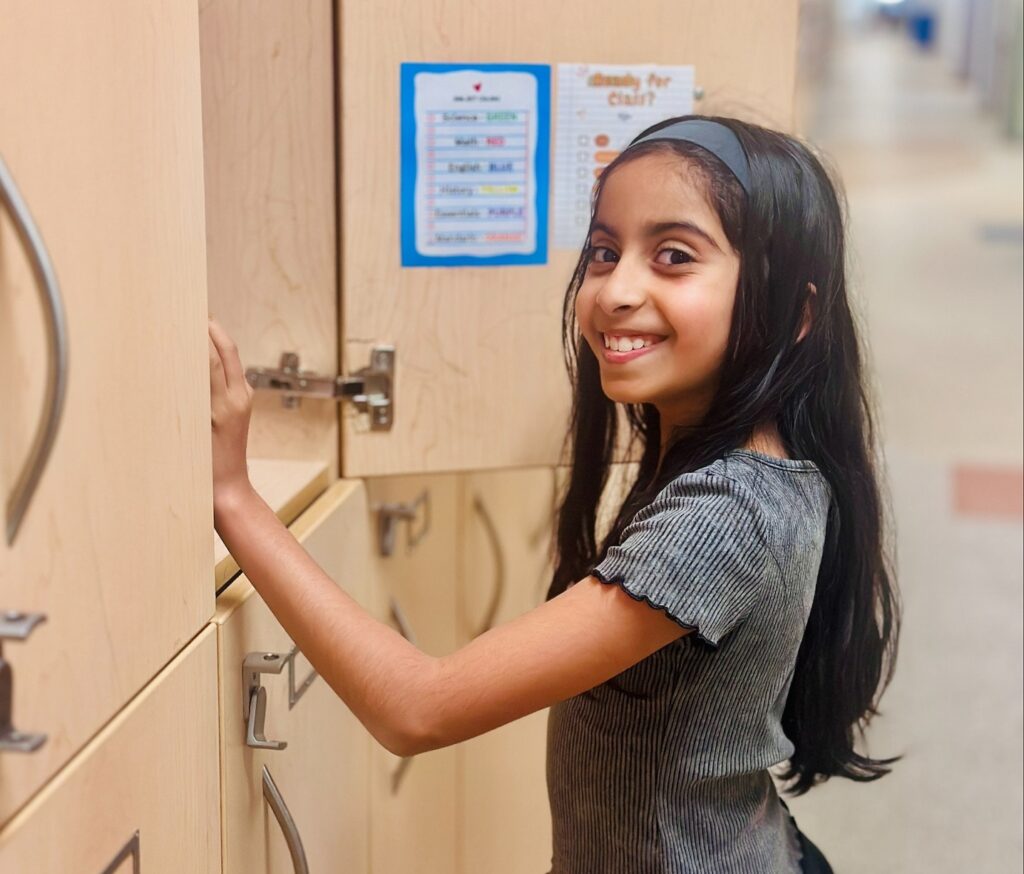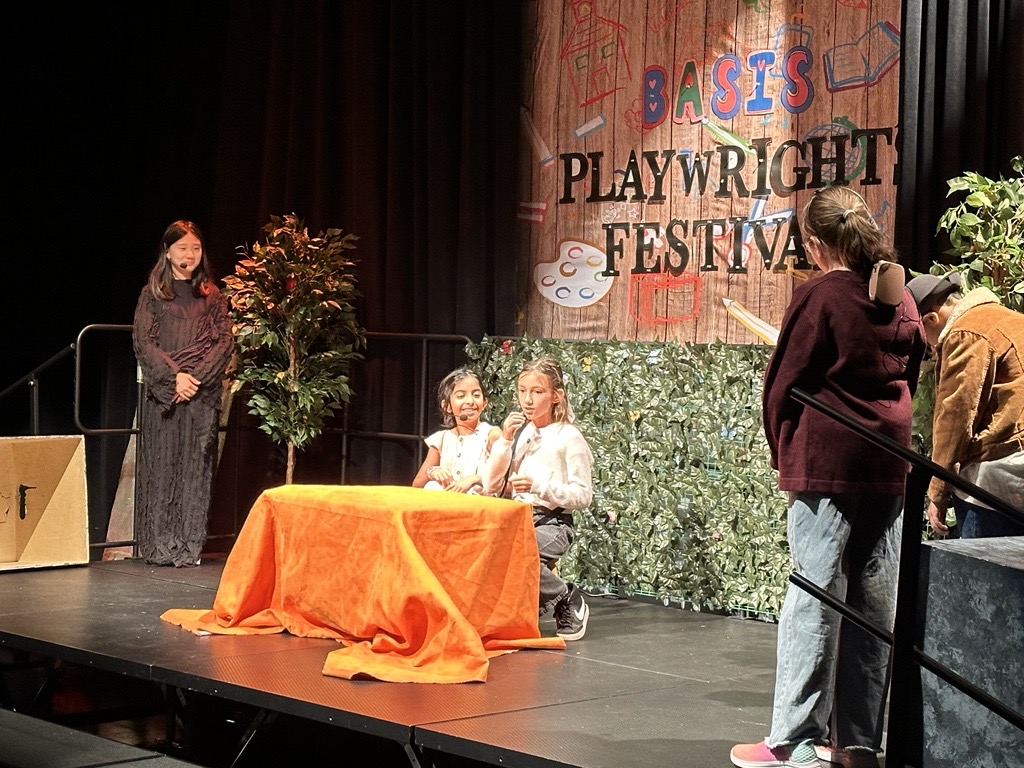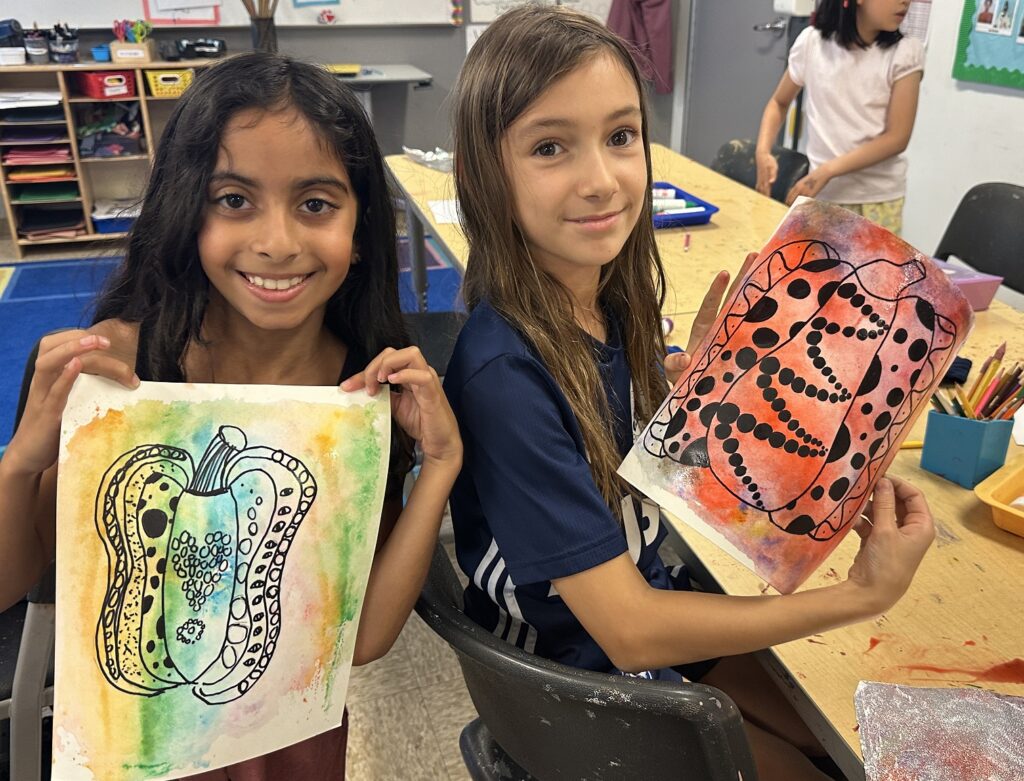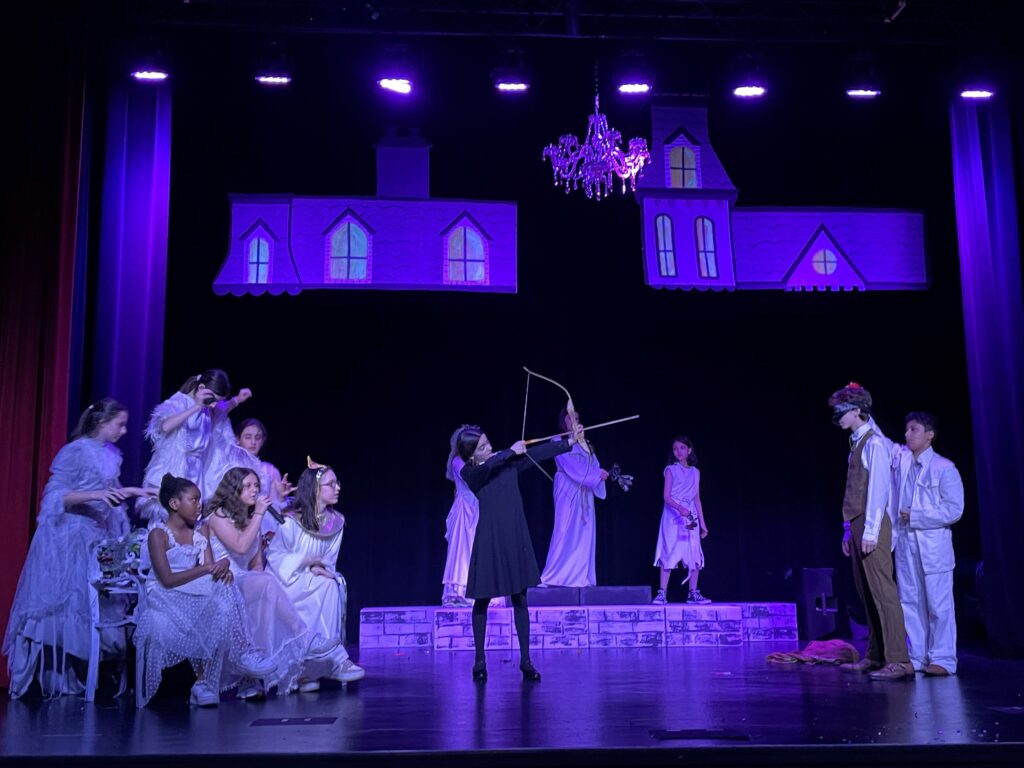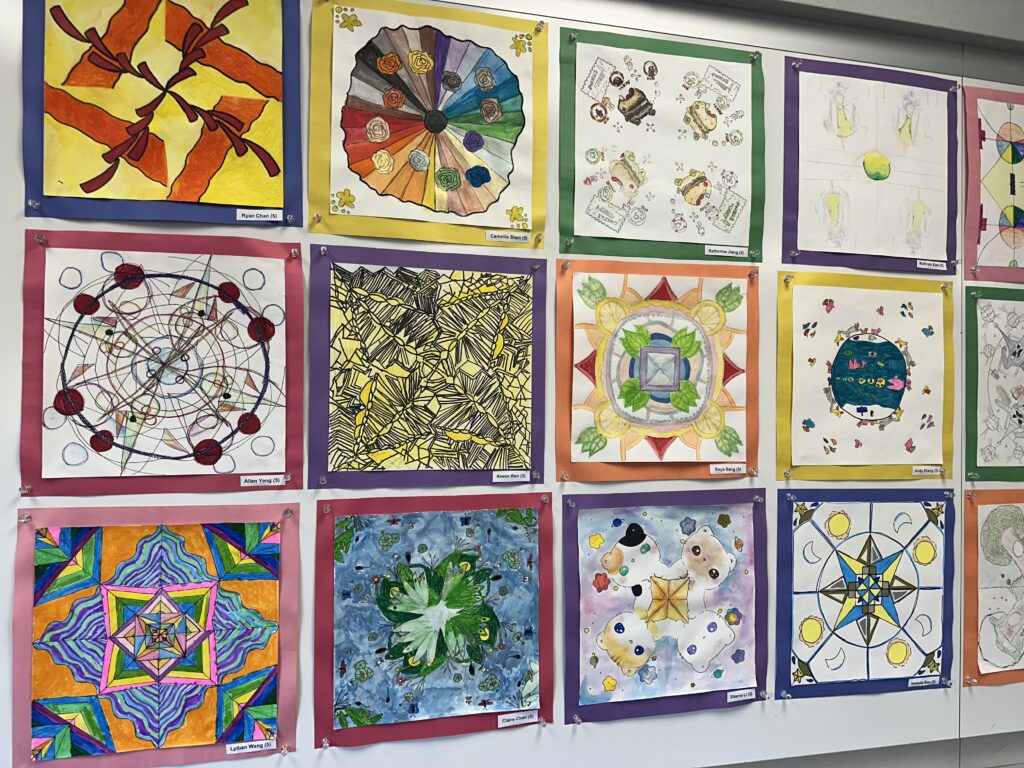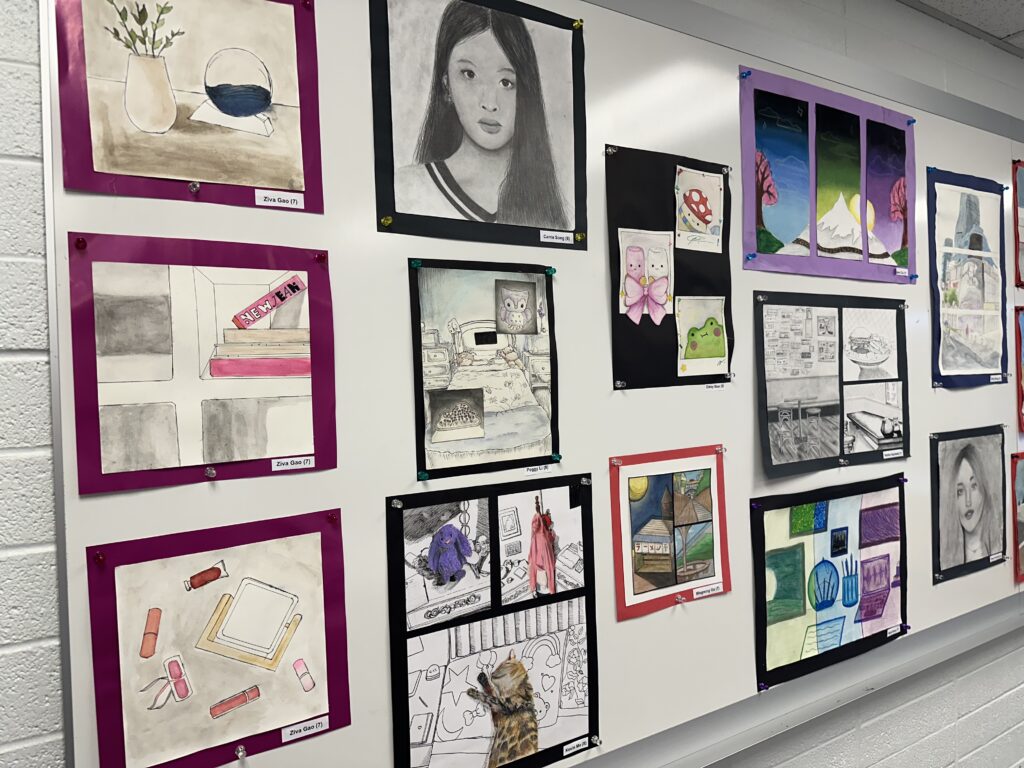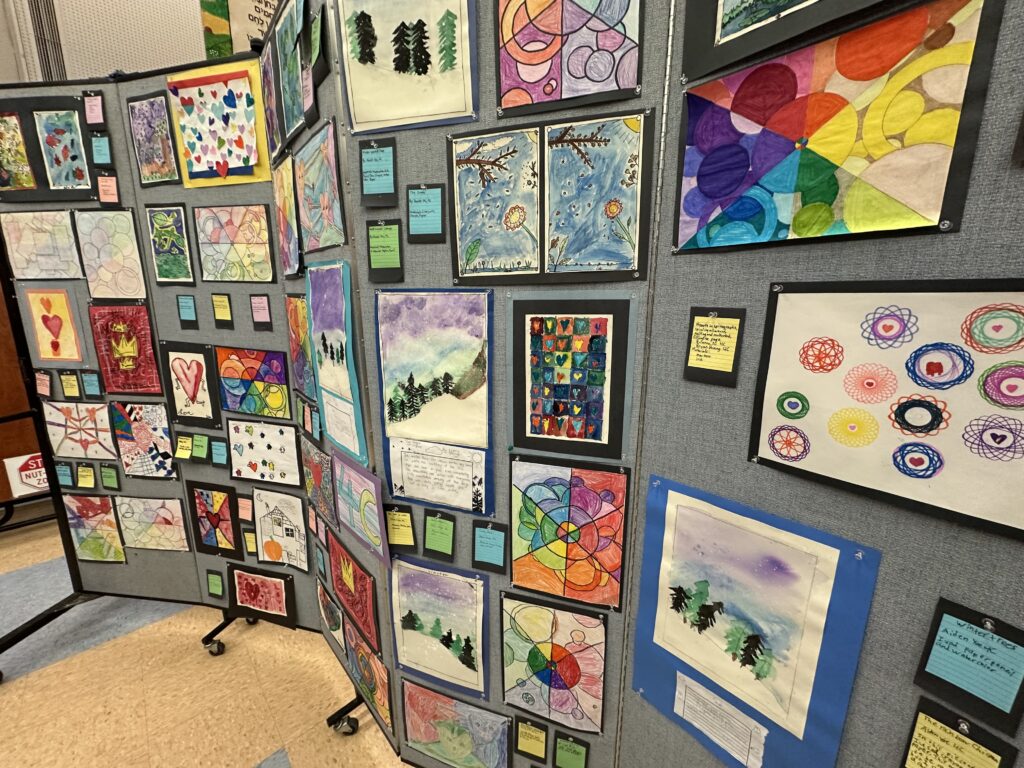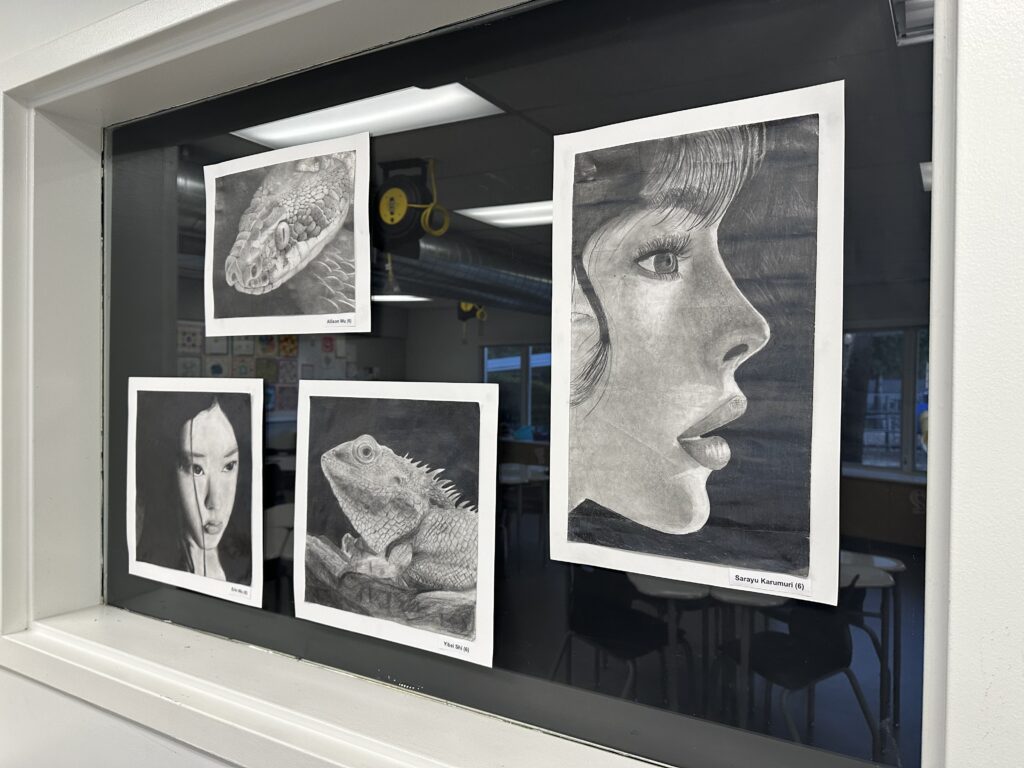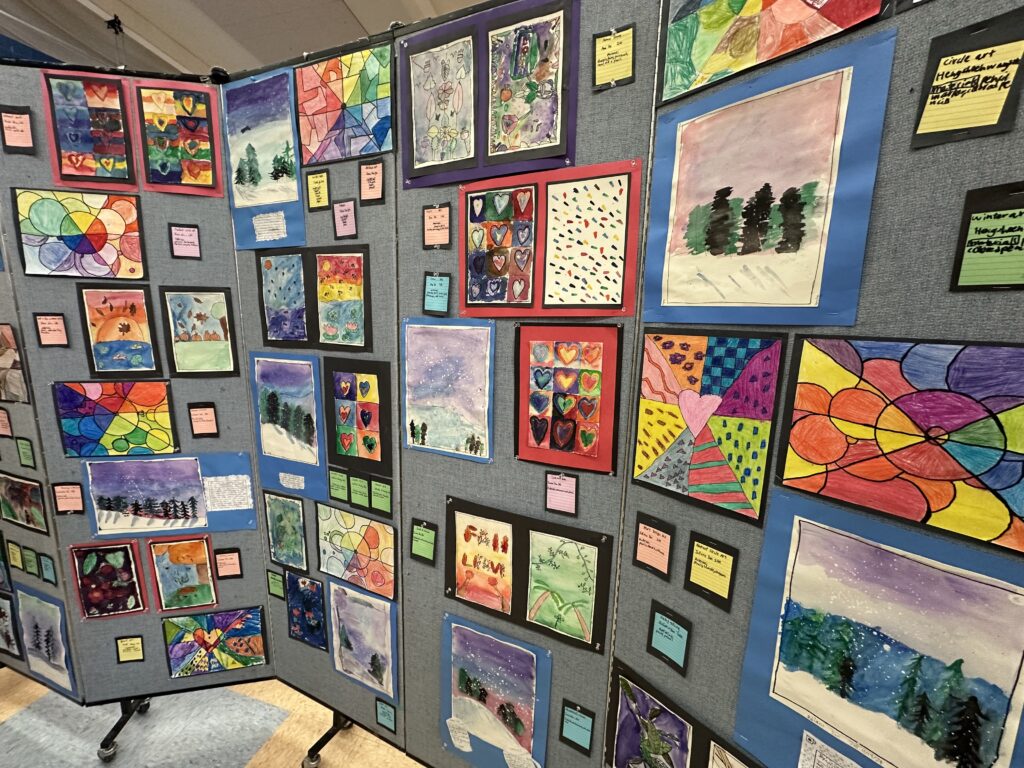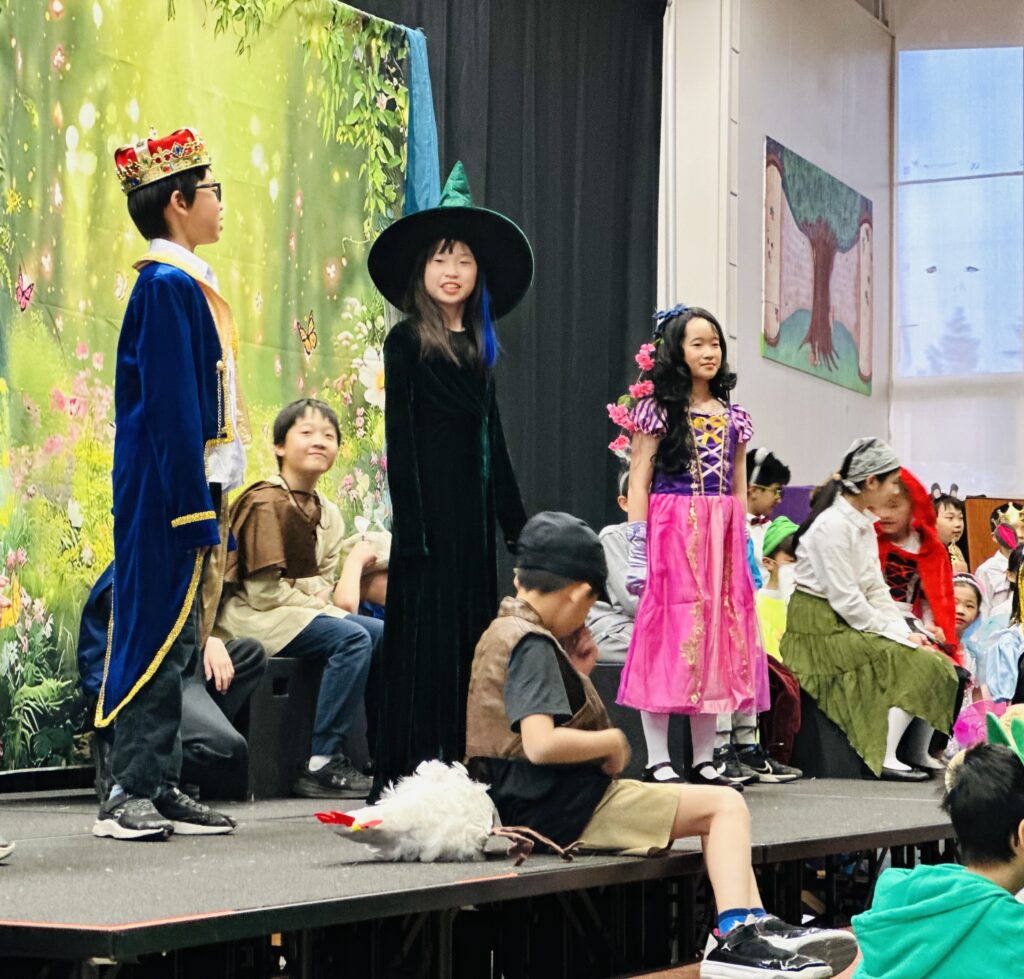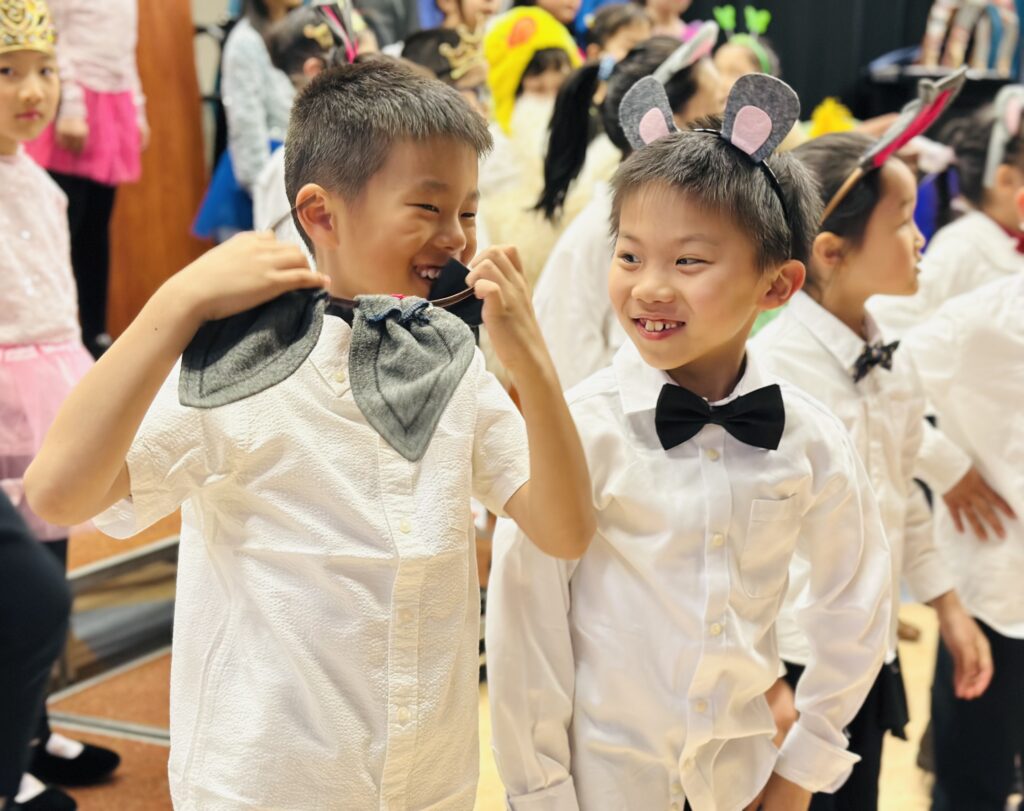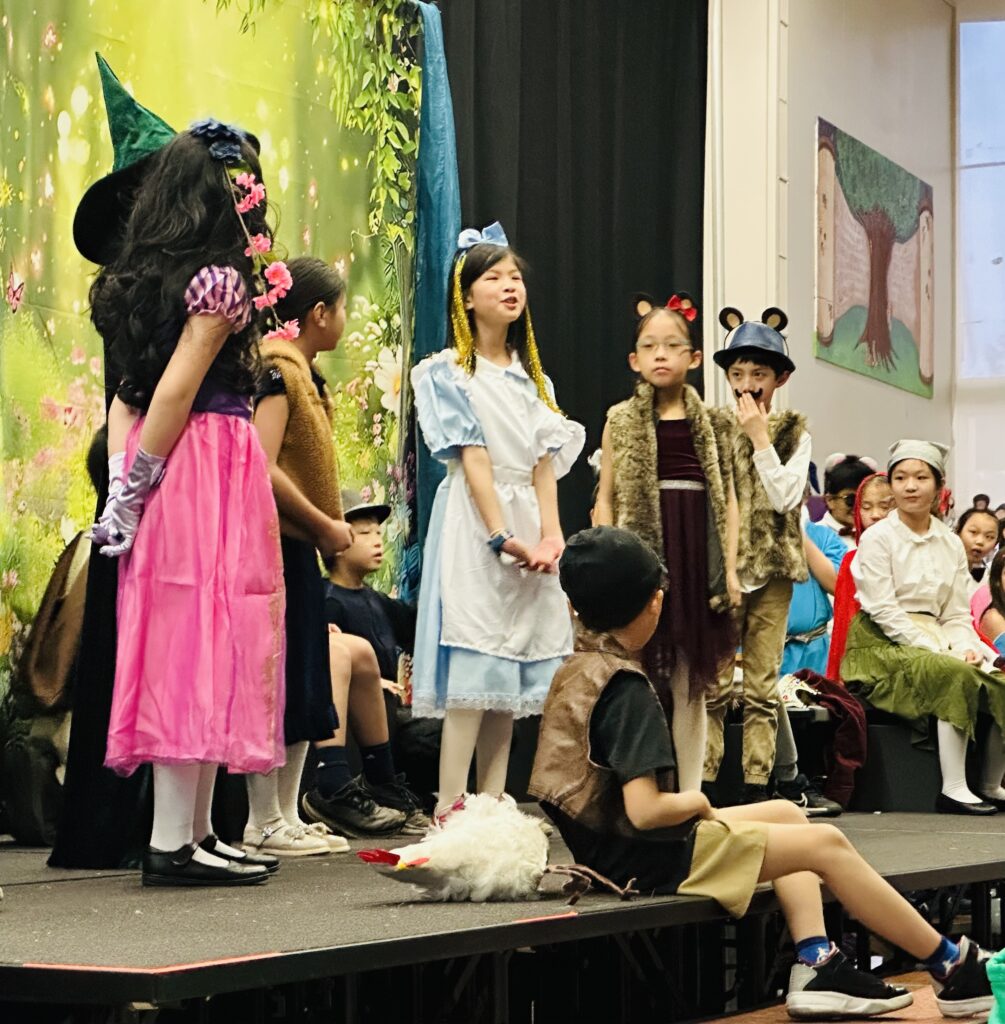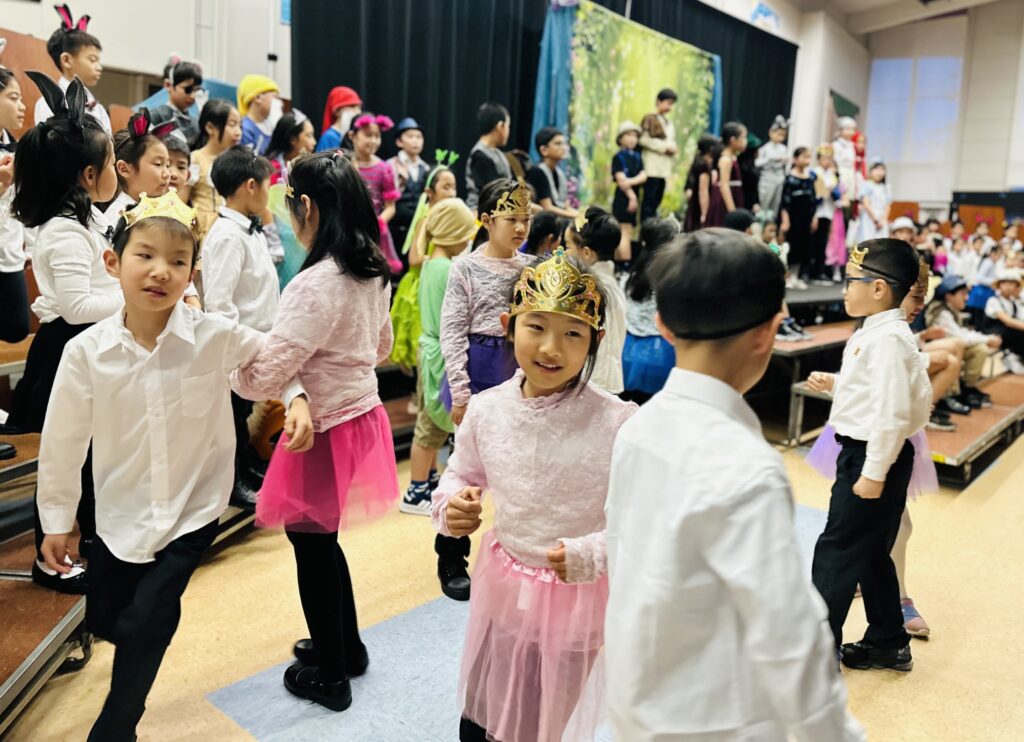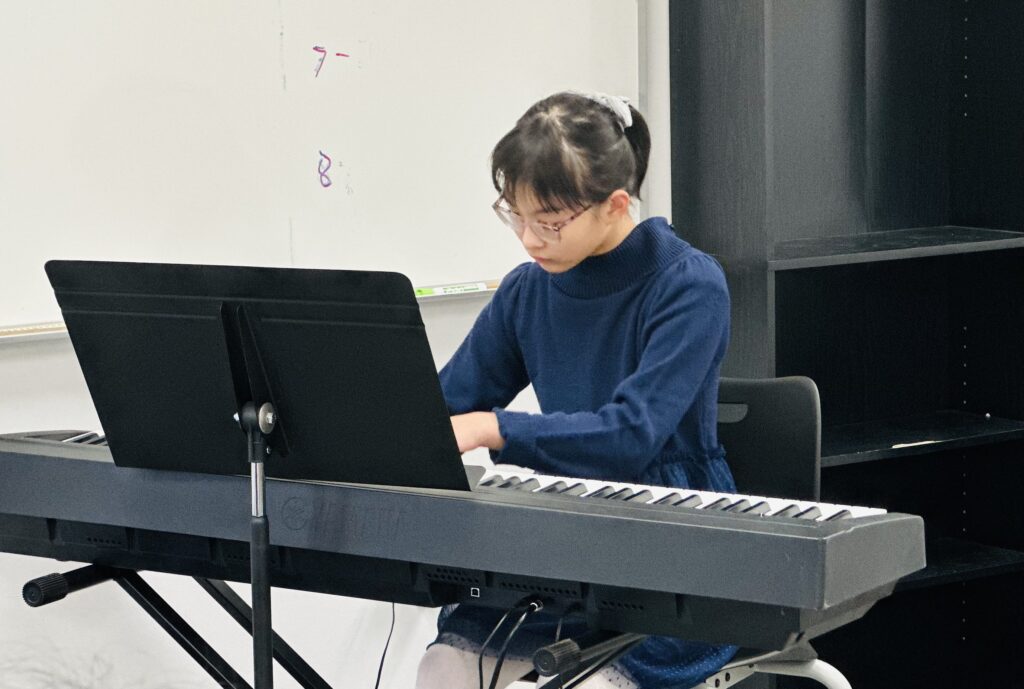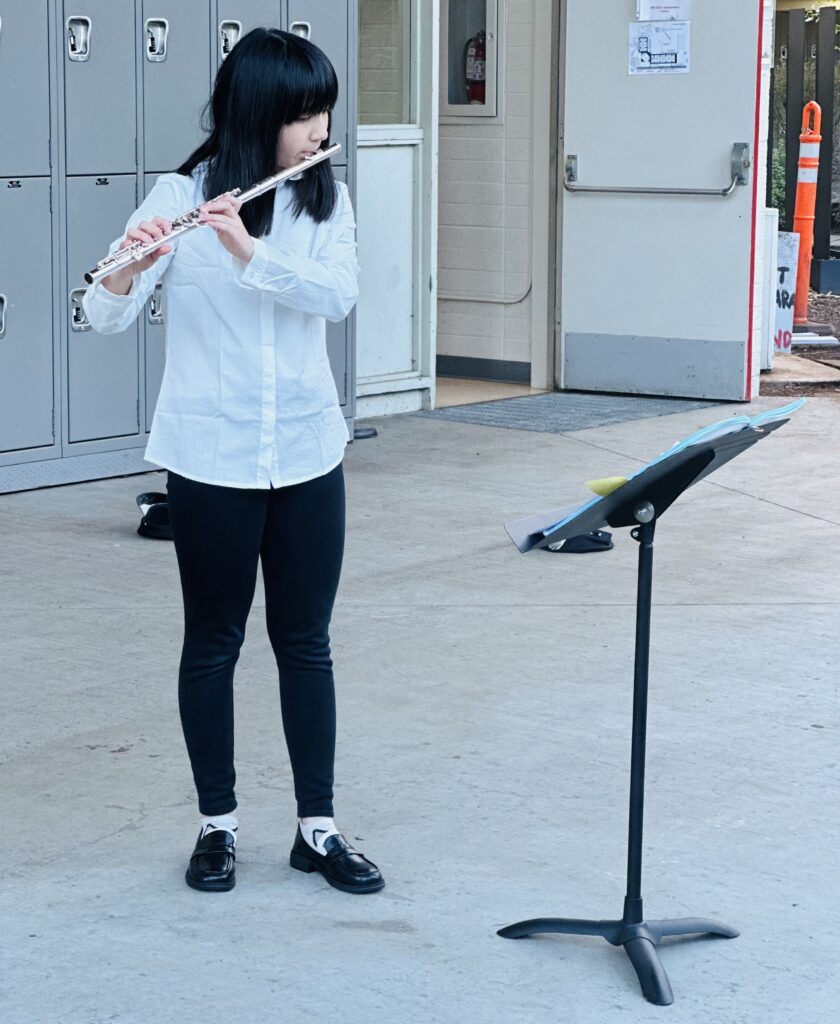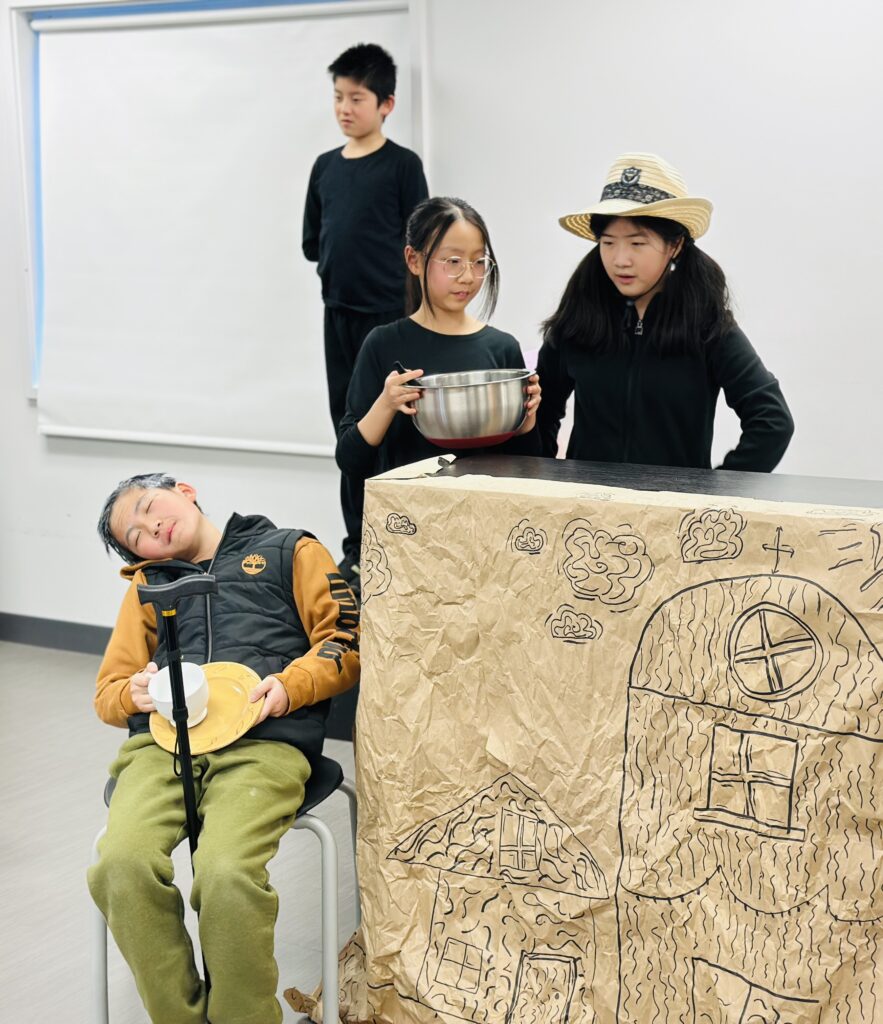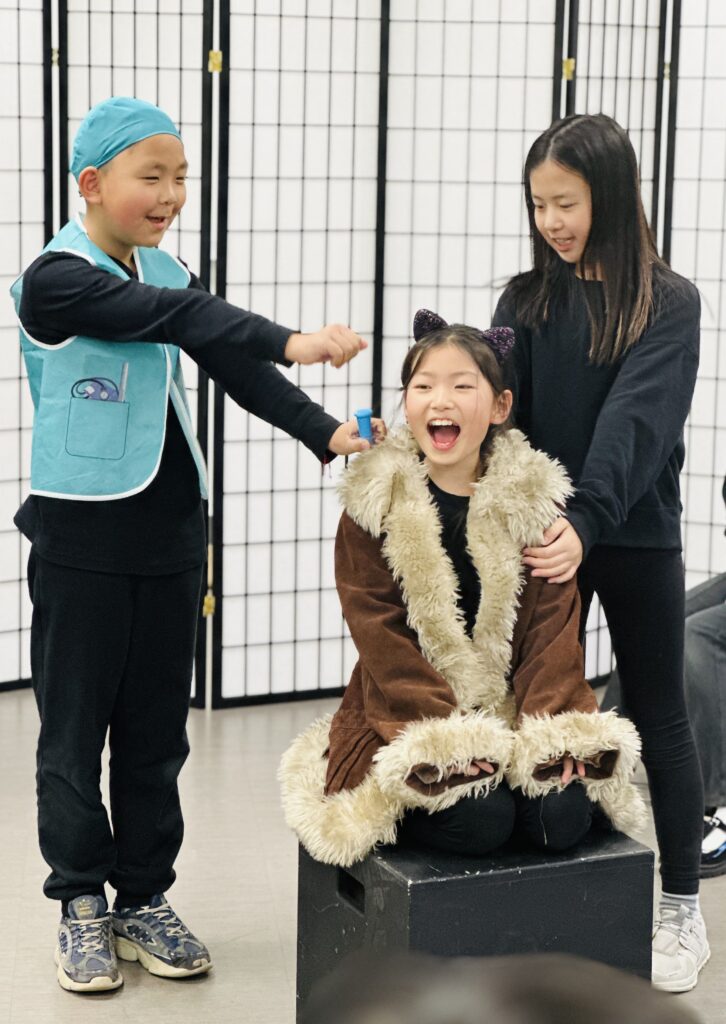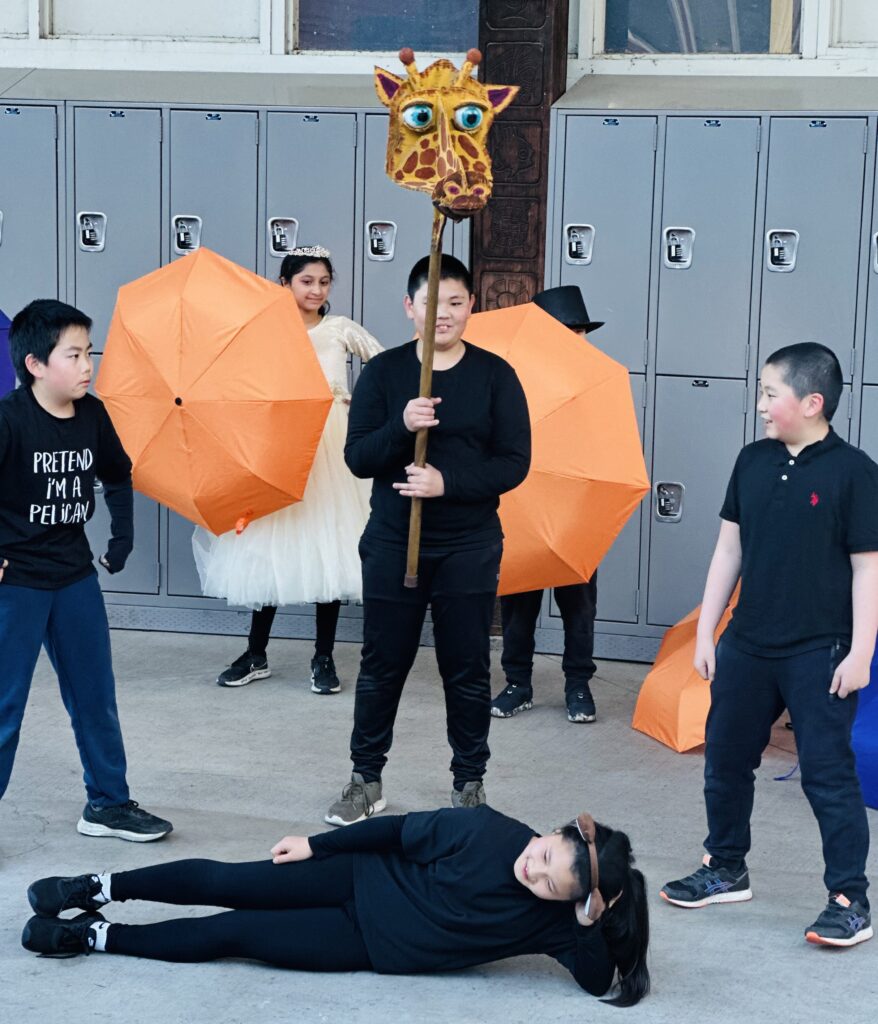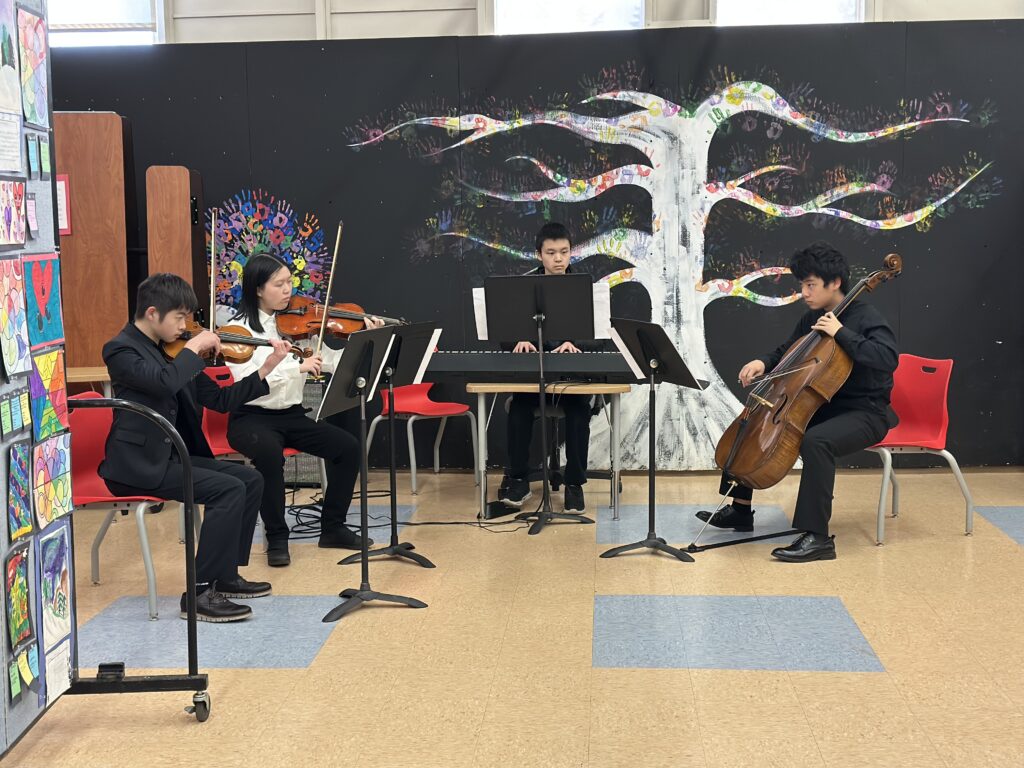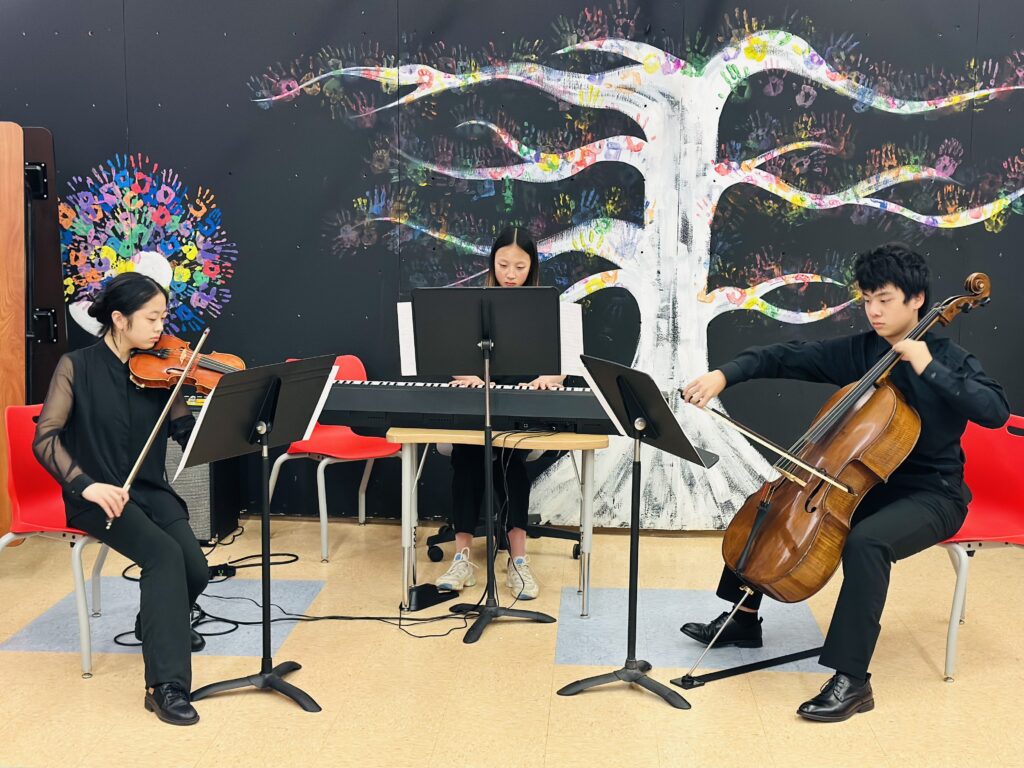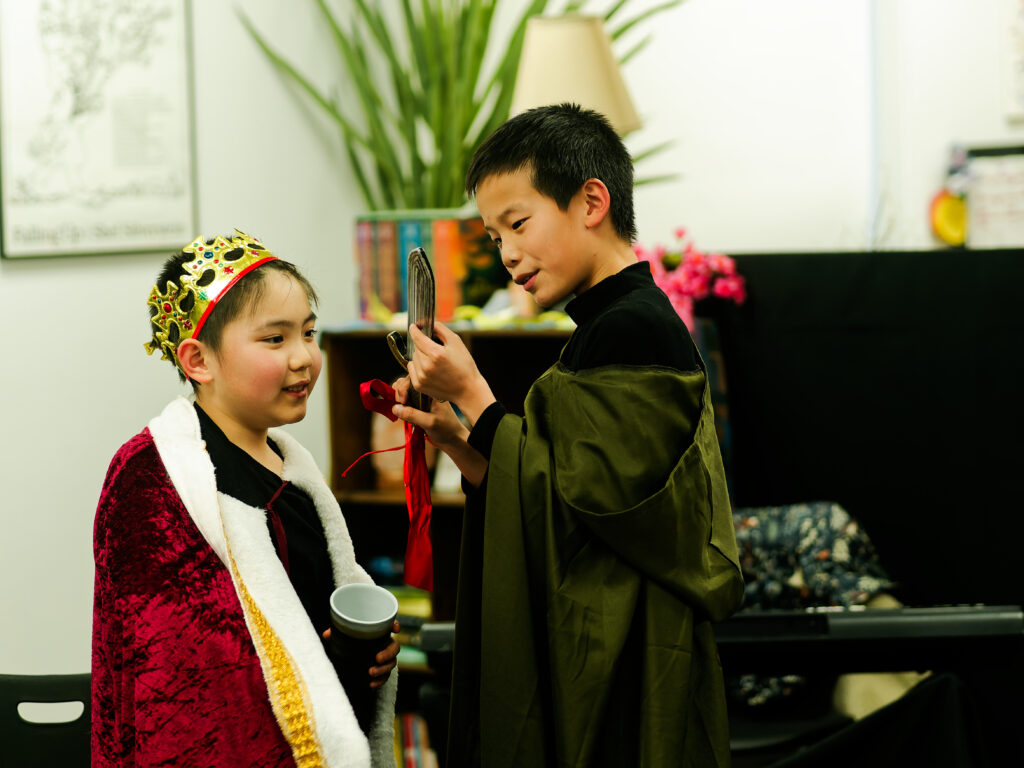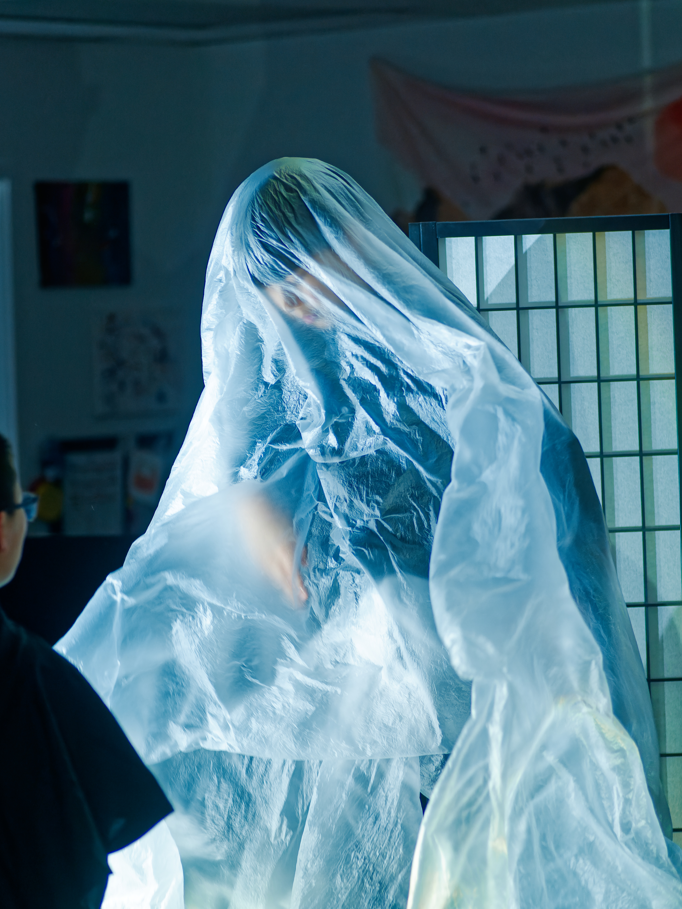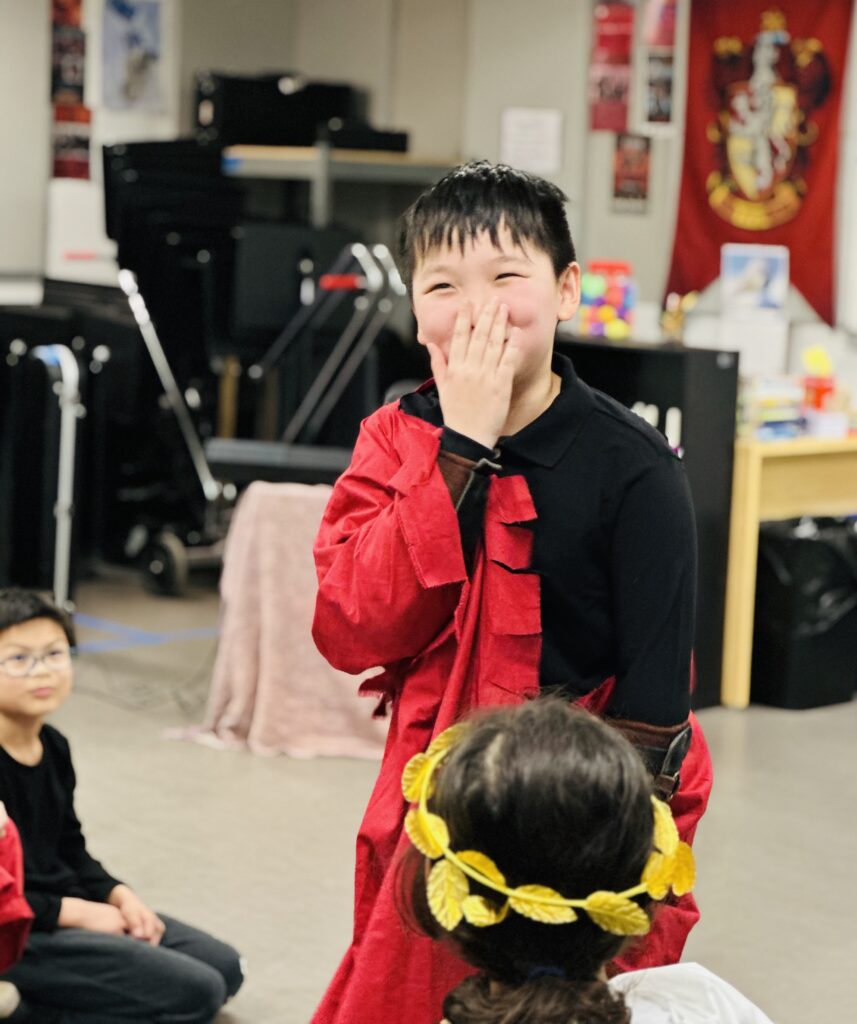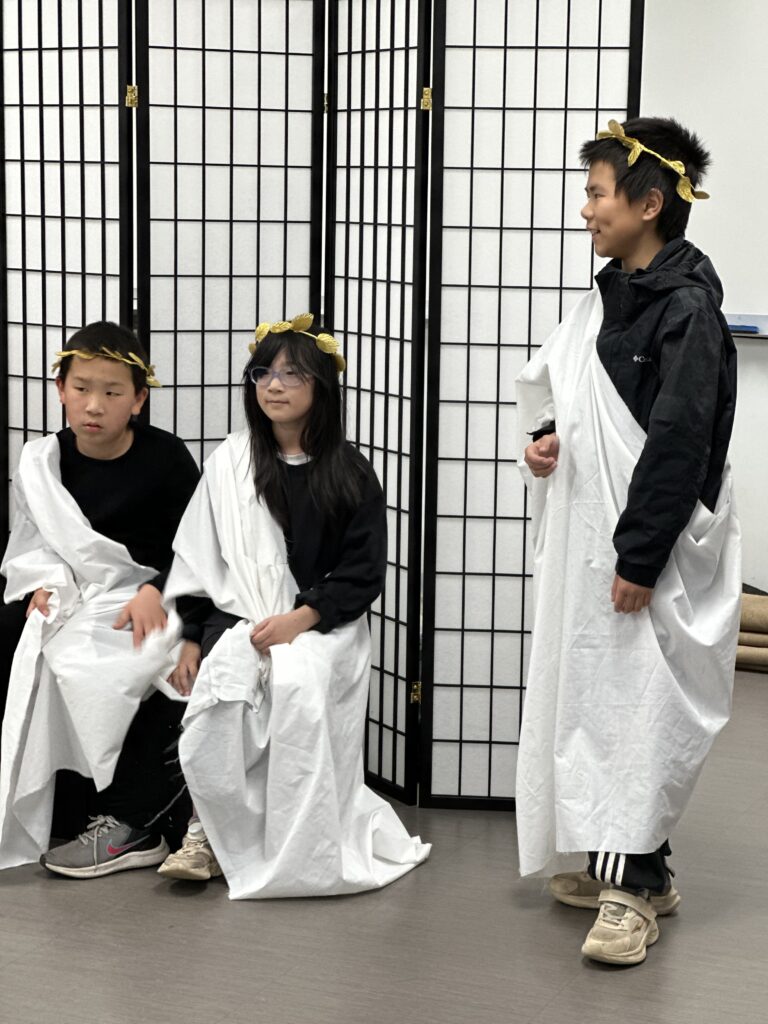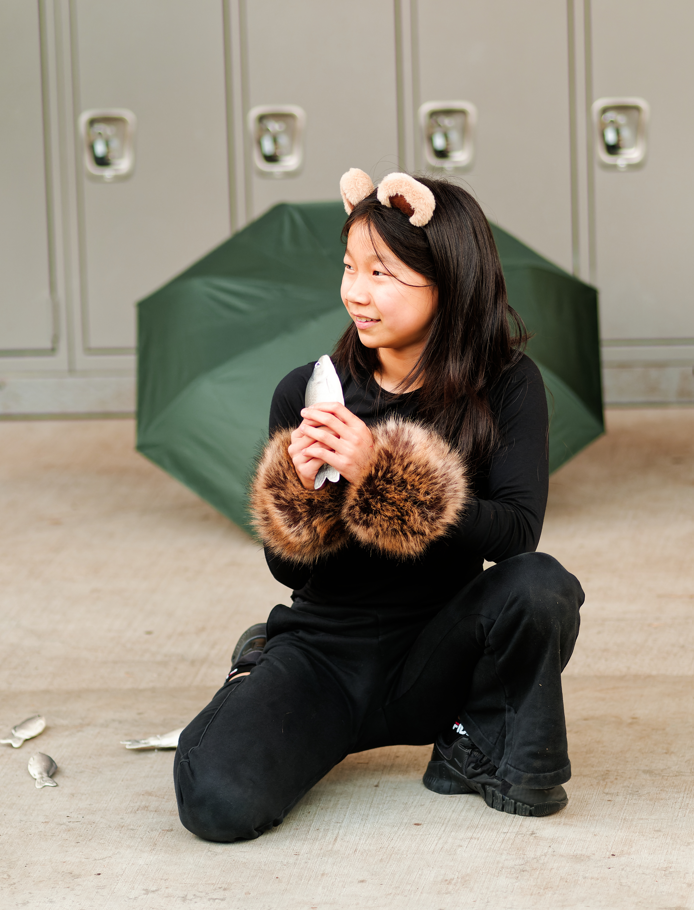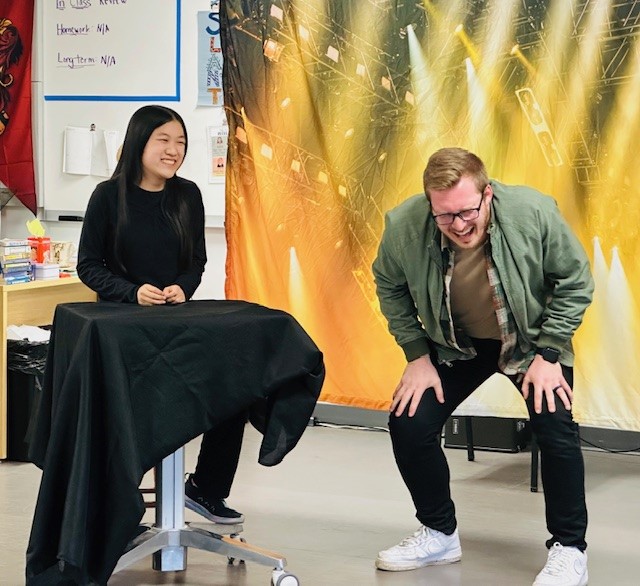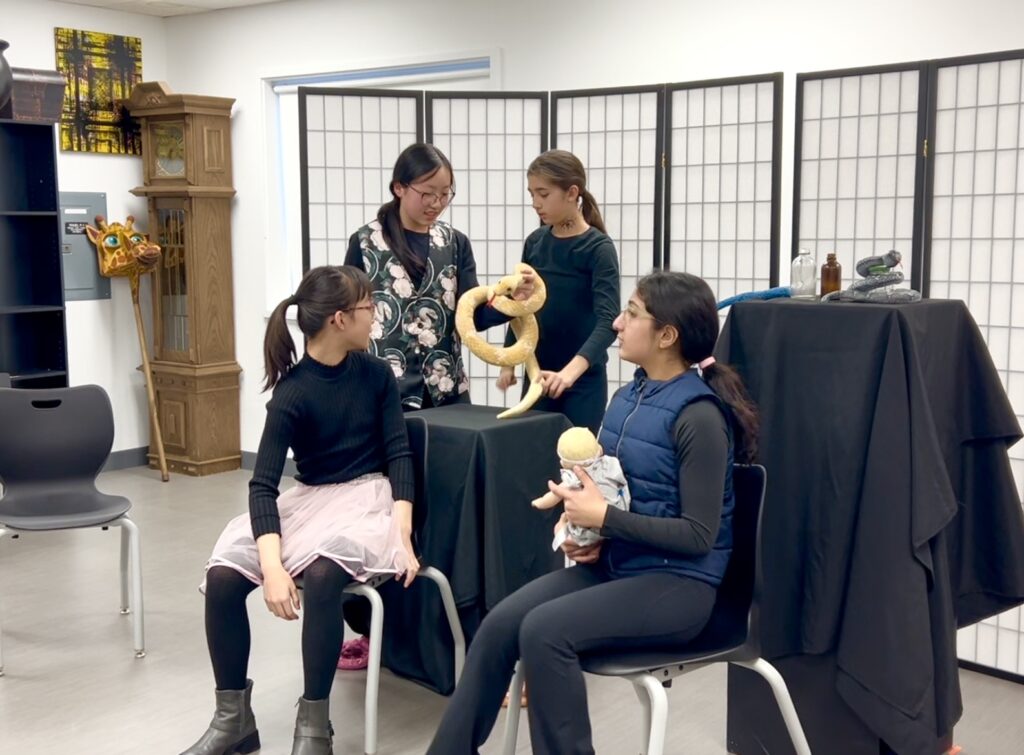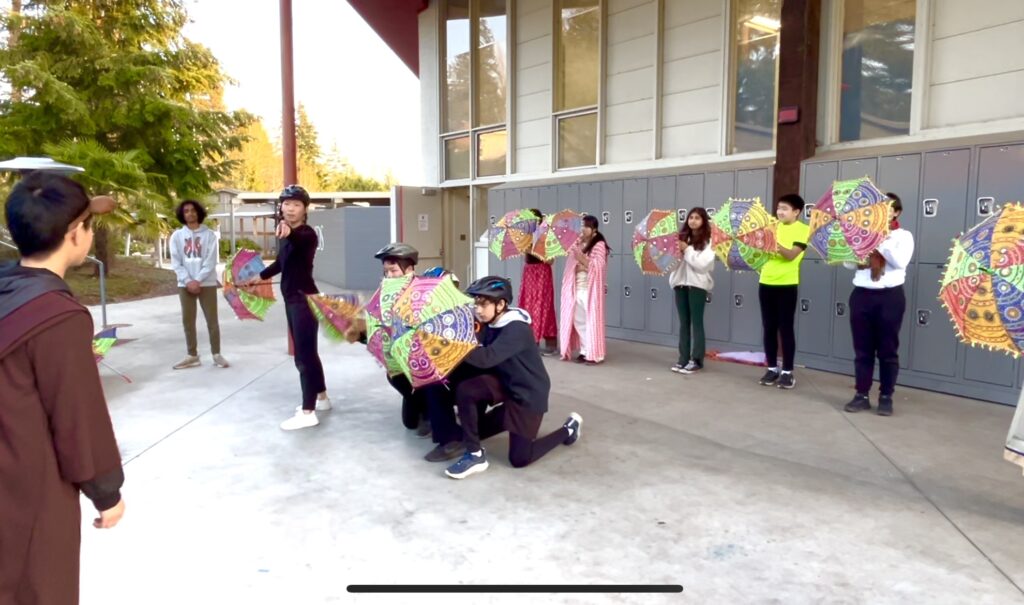At BASIS Independent Manhattan, we believe that the best education is enhanced by extracurricular activities. Beyond the classroom, our extensive array of clubs, activities, and athletics plays a crucial role in fostering well-rounded individuals. Through exploring their passions, our students develop new skills and cultivate leadership in a supportive environment. As a PreK-Grade 12 private school in NYC, with our Lower School serving PreK-Grade 5 on the Upper West Side and our Upper School serving grades 6-12 in Chelsea, we offer diverse opportunities tailored to every age and interest.
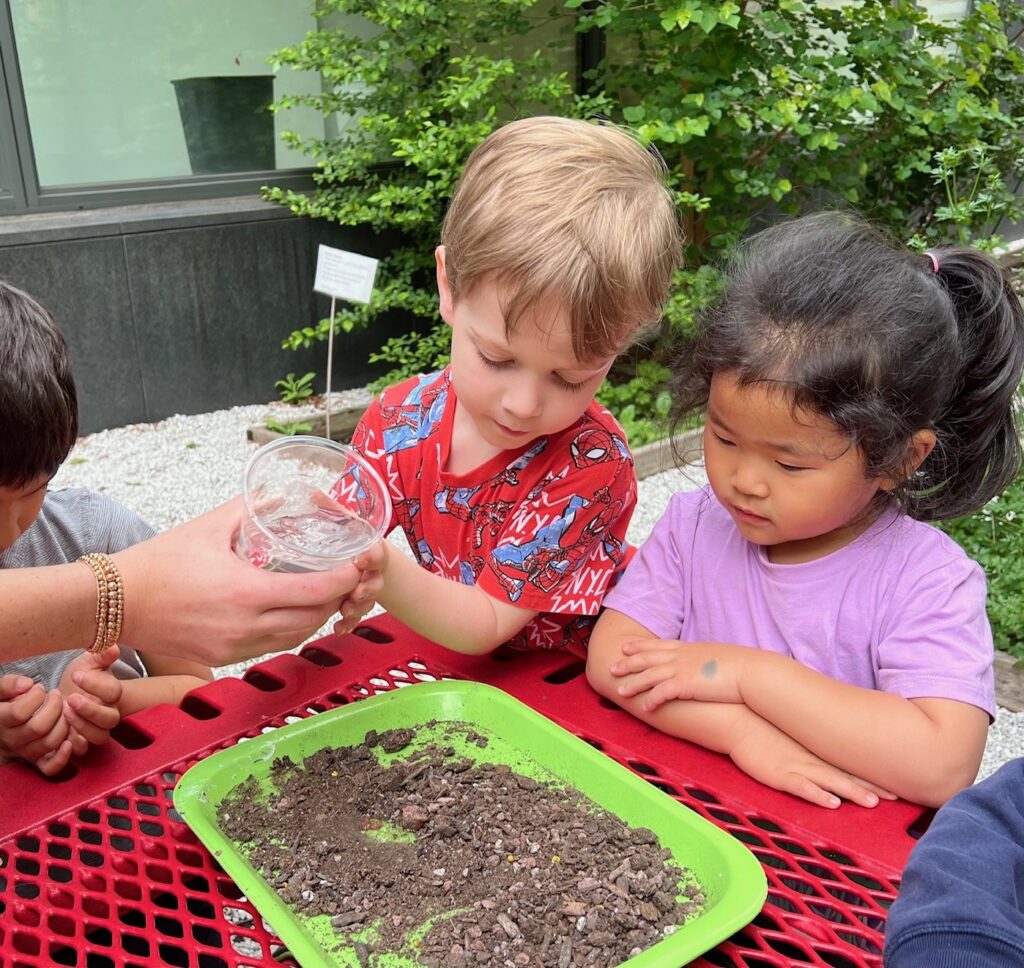
Read on to learn more about our exciting after-school activities, clubs, and sports, designed to enhance the academic journey and build a stronger sense of self. For an in-depth look at our full program offerings, please visit our dedicated pages for Clubs & Activities and Sports & Athletics.
Lower School Extracurriculars:
Cultivating Early Passions (PreK-Grade 5)
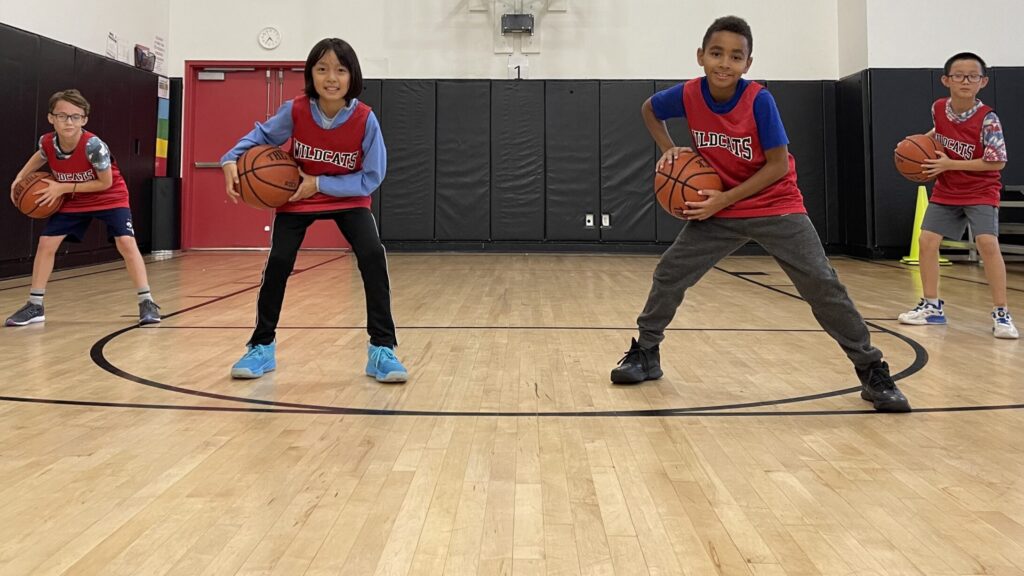
On the Upper West Side, our Lower School students choose from a selection of after-school programming to pursue their interests in sports, art, music, science, technology, and more! We continuously expand our offerings, aiming to inspire broad participation among our young Wildcats.
Some of our super-popular clubs that return year-after-year include:
- Basketball
- Cheer-Gymnastics
- Chess
- Drama (Putting on a fully staged musical production)
- Piano
- Soccer
- Speech & Debate
- Tech & Lighting (for the Drama Club’s musical)
- Tennis
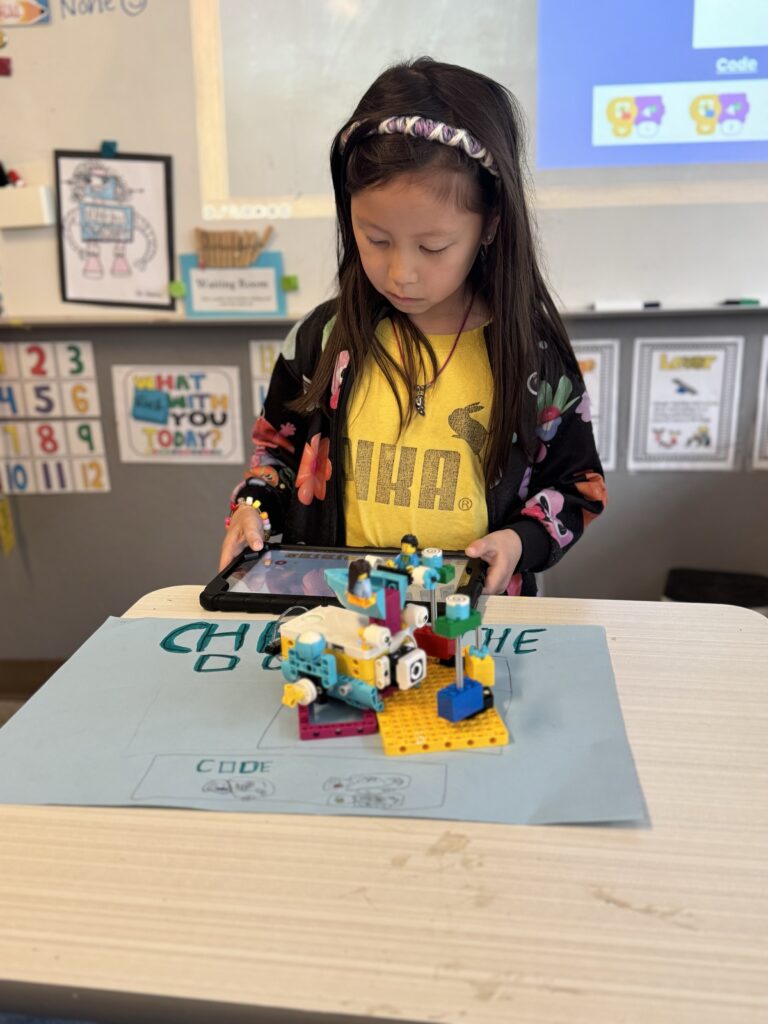
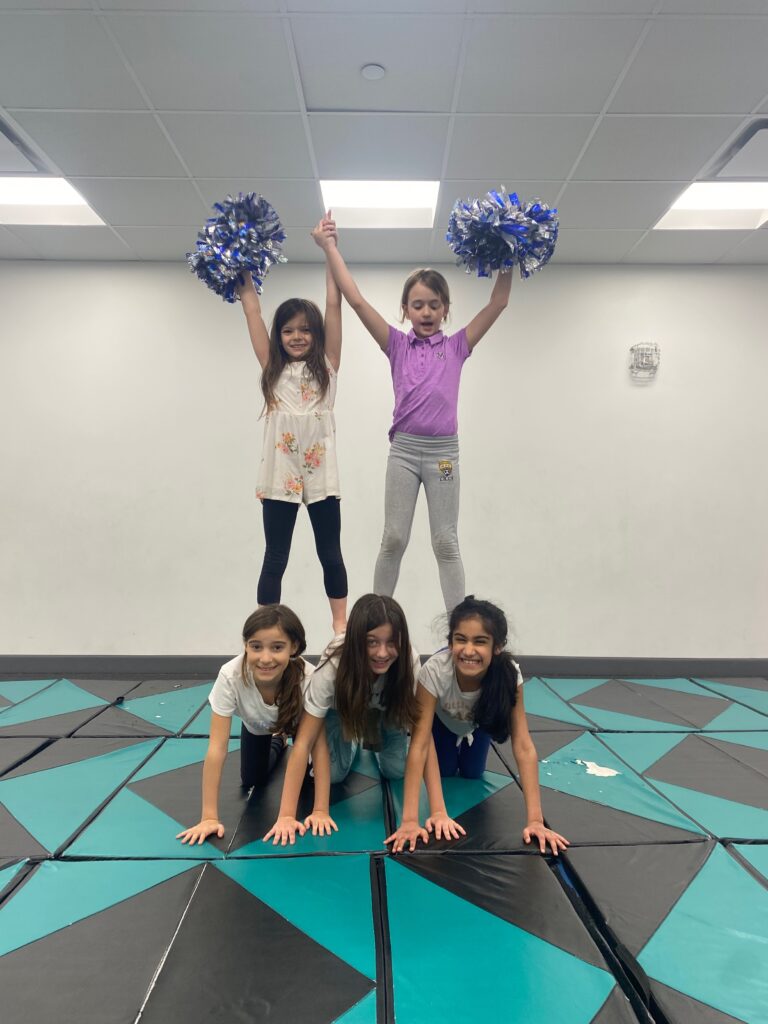
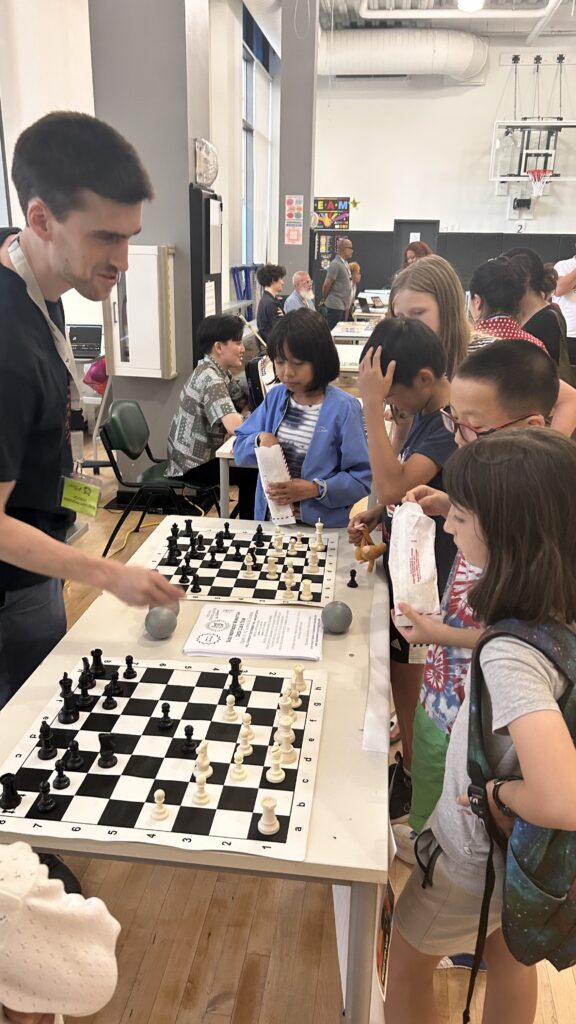
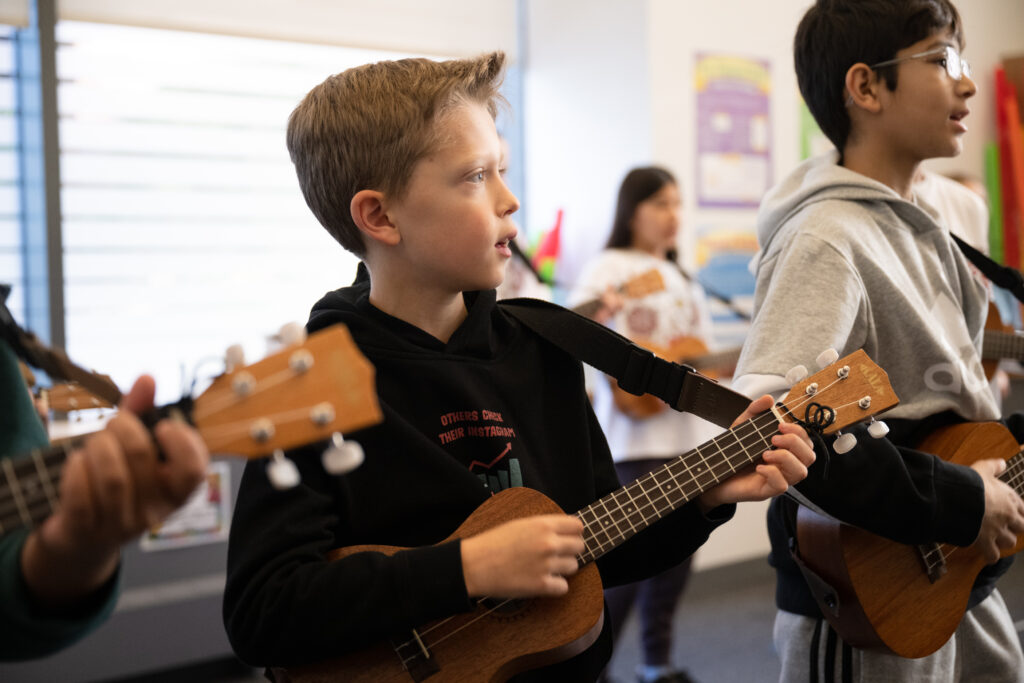
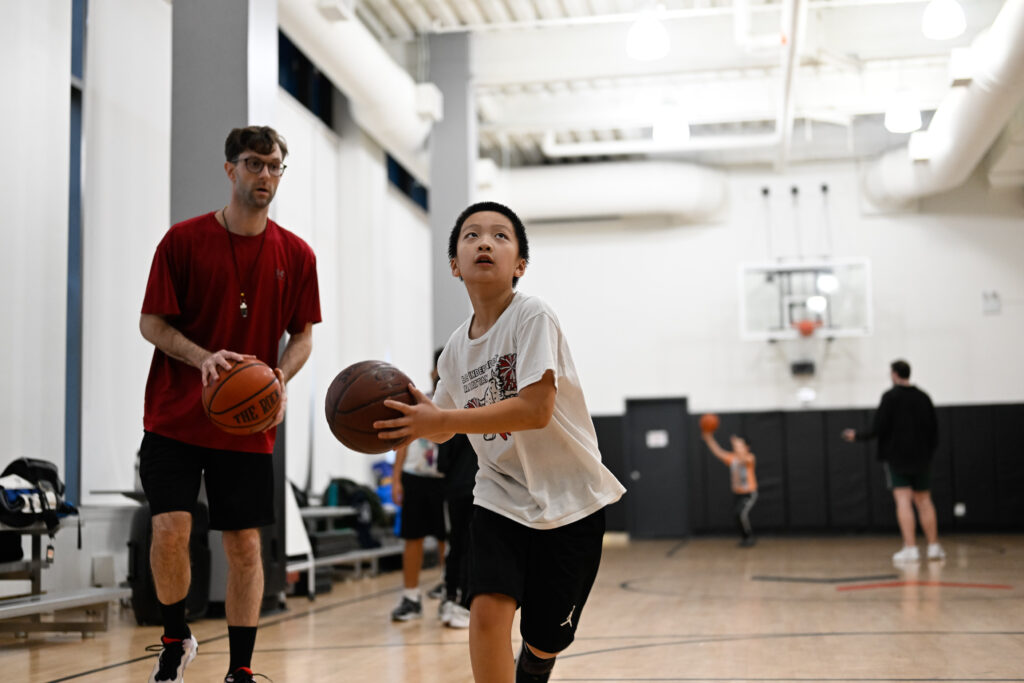
We also have the best teachers, who are not only expert educators and passionate about the subjects they teach, but they also run after-school programs. These teacher-led clubs are some of our most popular! While building strong teacher-student relationships, participants have unique opportunities for exploration in:
- Drama
- Clay World
- Comic Book Writing
- Fashion & Photography
- Figure Drawing
- Gardening
- Pokémon
- Set & Costume Design (for the Drama Club’s musical)
The primary goal behind our Lower School’s extracurricular design is to foster curiosity, skill-building, creativity, and exposure to new areas beyond the classroom. We also actively curate our programs to meet the majority of requests from our families, based on our annual surveys.
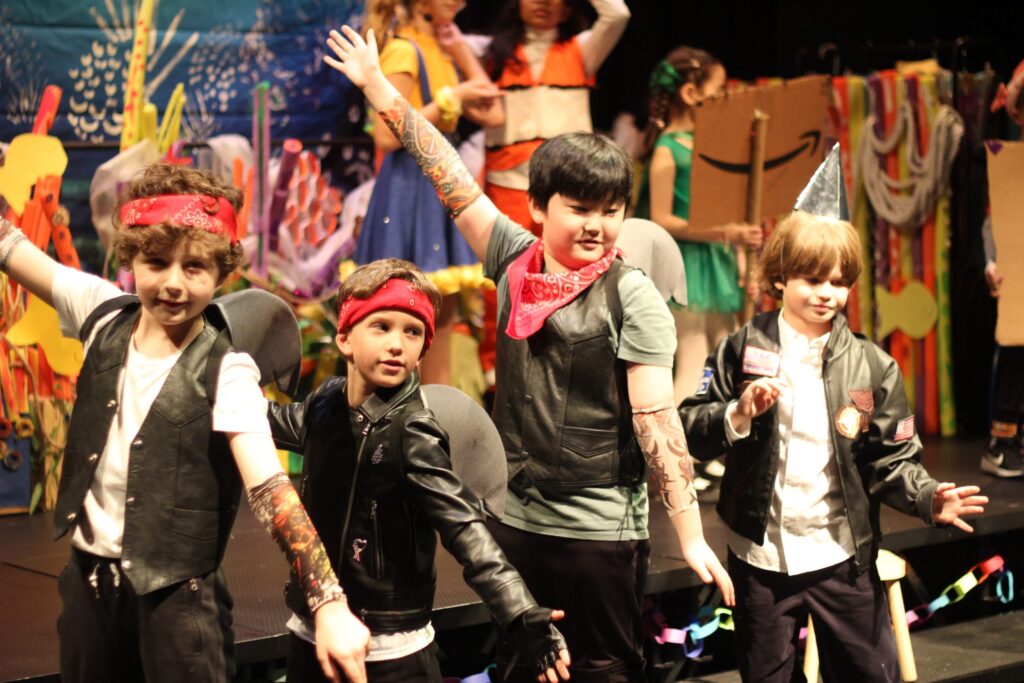
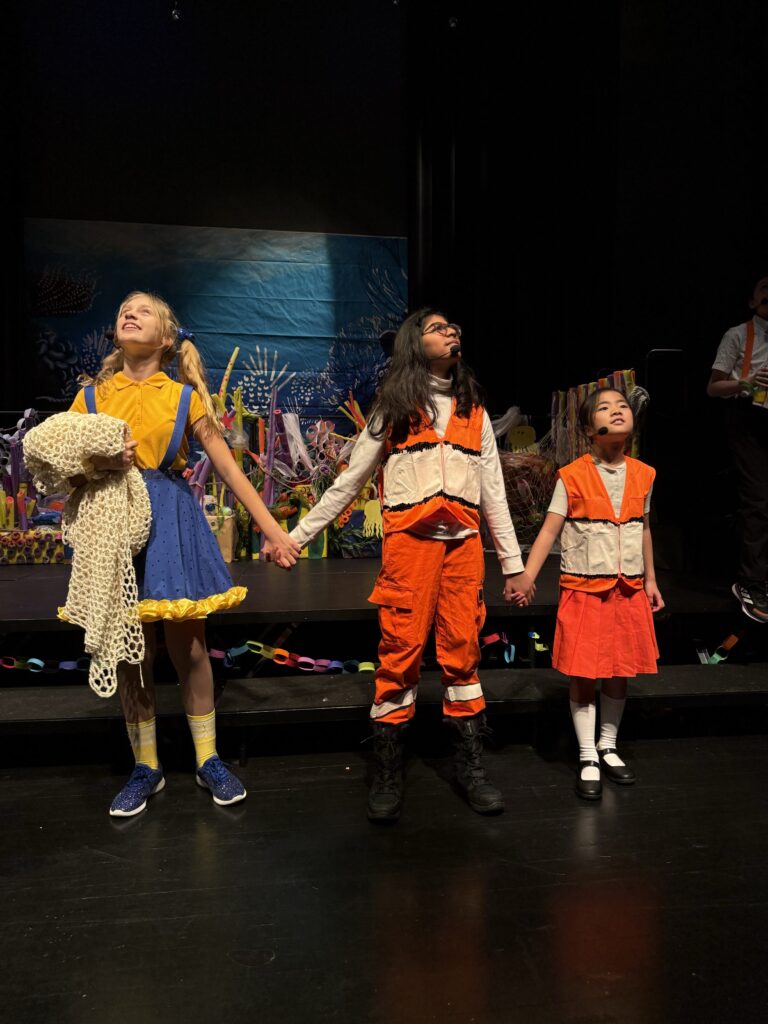
Success & Highlights:
Last year, we saw 82% of our PreK–K students and 76% of our grade 1–5 students engage in these enriching programs, a testament to their appeal and impact. A notable success we are particularly proud of is the Lower School Drama Club, which consistently sells out its shows and fosters cross-club collaboration. We are also proud of our popular Tennis and Piano clubs, which always have a full roster of students.
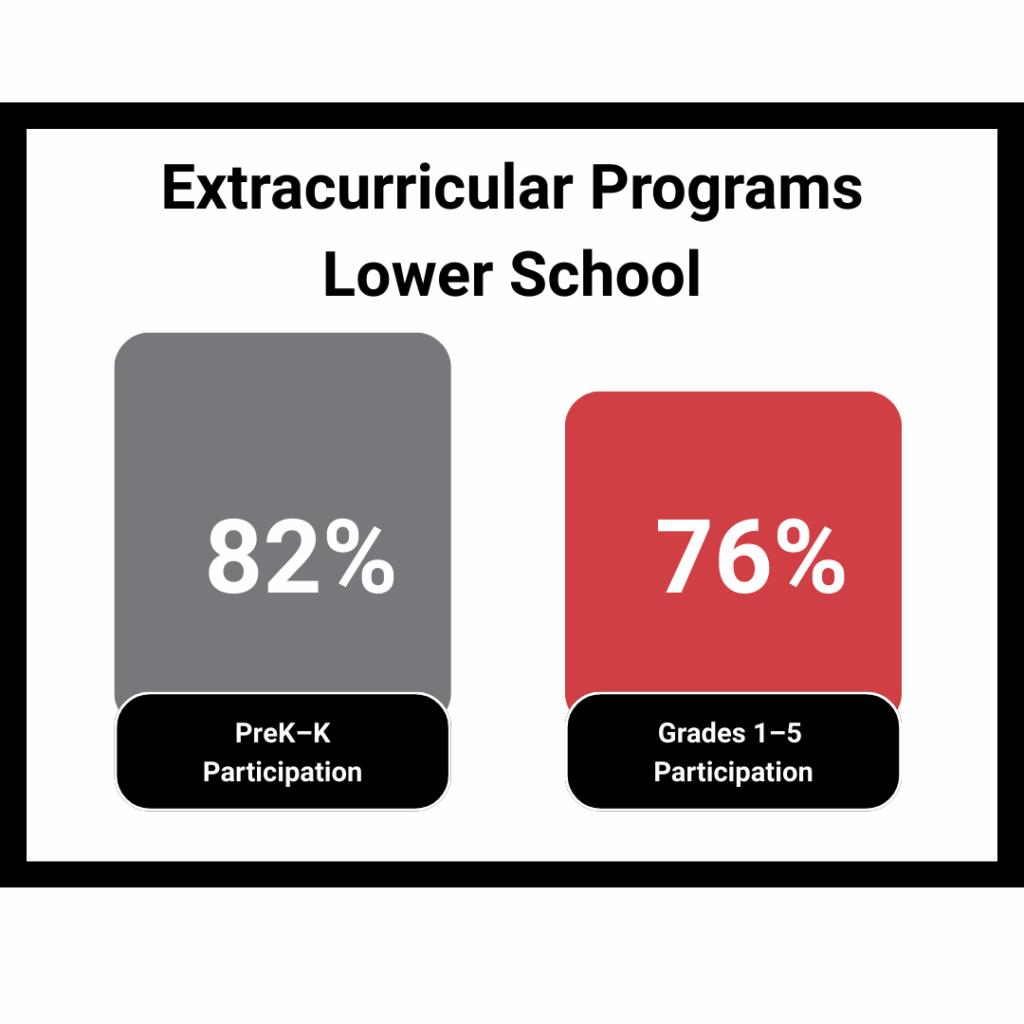
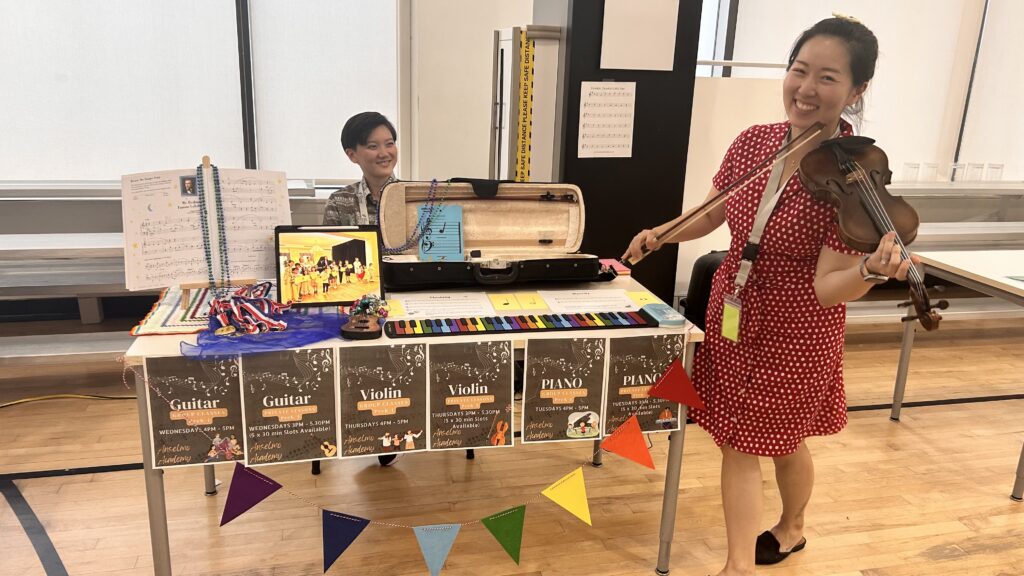
Upper School Extracurriculars & Sports
Deepening Engagement (Grades 6–12 )
At our Chelsea campus, the Upper School Extracurriculars provide unparalleled opportunities for students to develop a stronger sense of self through a multitude of after-school activities. Approximately 47% of all Upper School students are actively involved in an extracurricular activity, reflecting a strong culture of student engagement beyond the classroom.
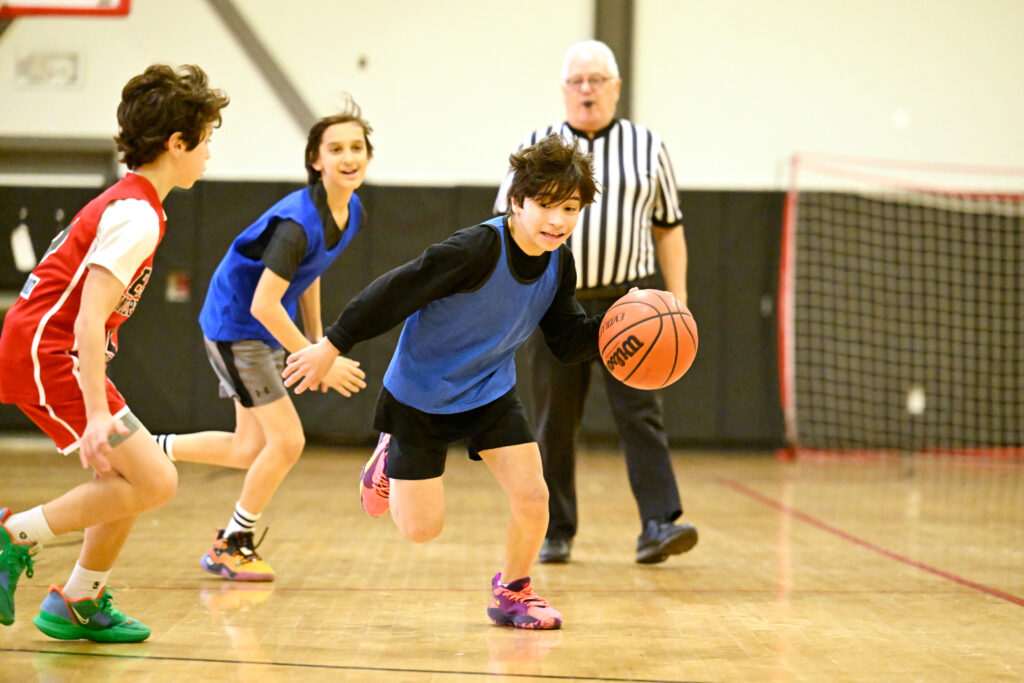
Popular and returning clubs include:
- Drama (Putting on a fully staged musical production)
- Dungeons & Dragons
- Engineering & Robotics
- Journalism (Wildcat Weekly News)
- Math Support & Competition Prep
- Money Smart
- Ping Pong
- Speech & Debate
This year marks a dynamic period of growth for our Upper School extracurricular landscape, with the launch of a new journalism club, led by one of our beloved English teachers. We are also excited about the continued momentum of our new high school speech and debate program.
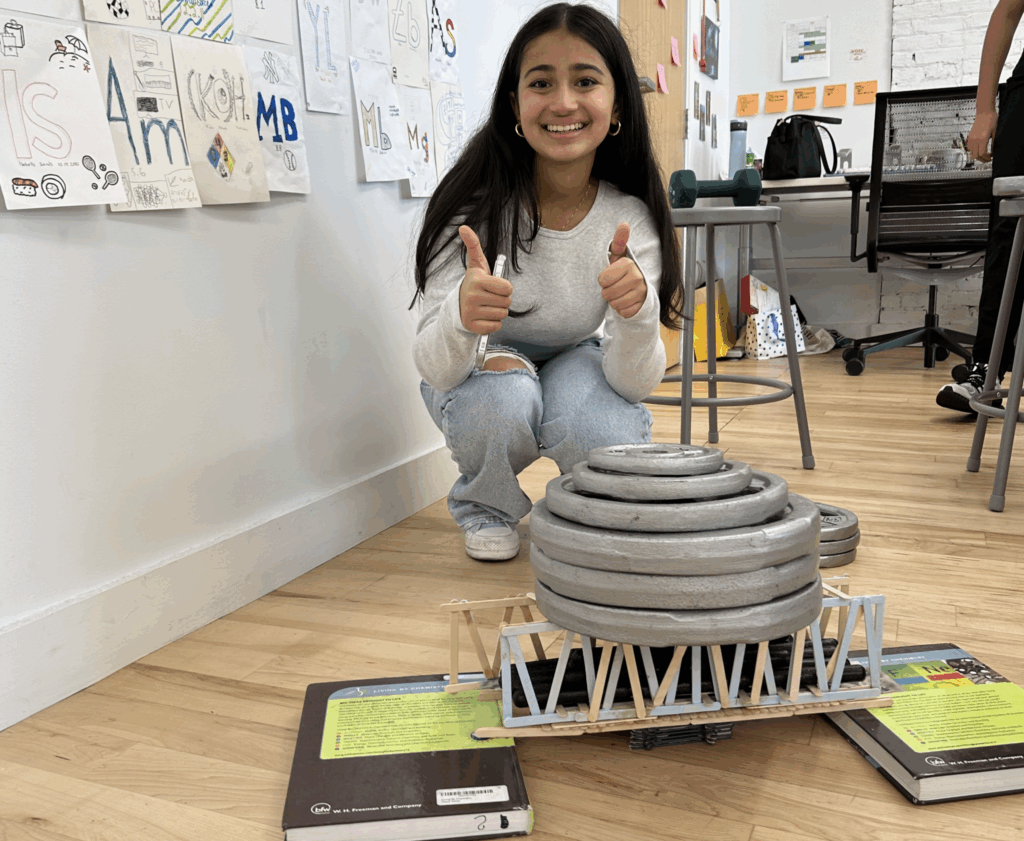
Success & Highlights:
One of our most exciting success stories comes from our debate team, which began as a middle school club and won the championship two years in a row. Building on that momentum, the team has now transitioned into an Upper School club, expanding its scope and ambition. This year, they are preparing to travel to prestigious institutions such as Columbia.
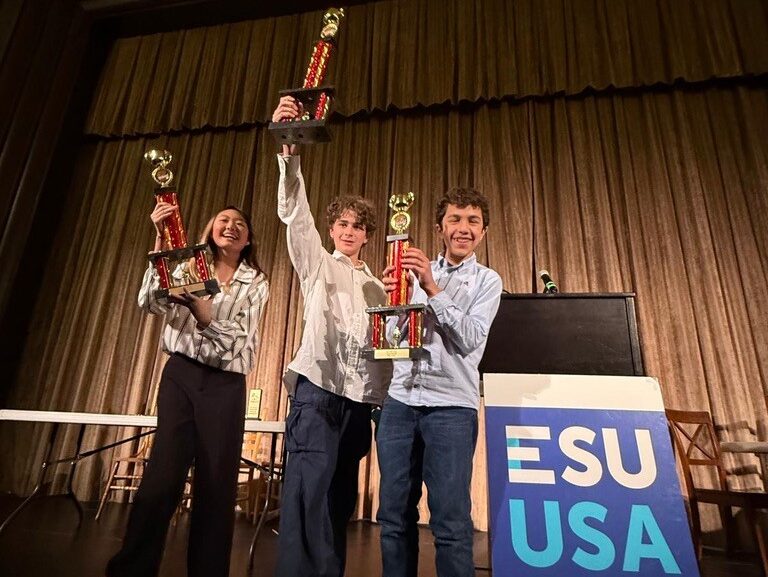
Competitive Athletics:
Building Teamwork and Discipline
Our middle and high school student-athletes participate in a robust lineup of competitive sports. This year’s offerings include High School Boys Soccer, High School Girls Volleyball, Middle School Girls Volleyball, and Middle School Basketball.
Philosophy:
Our growing competitive athletics program centers on developing the whole student through sport. We aim to foster:
- sportsmanship,
- teamwork, and
- a competitive spirit that pushes students to strive for excellence while embracing both victory and defeat as opportunities for growth.
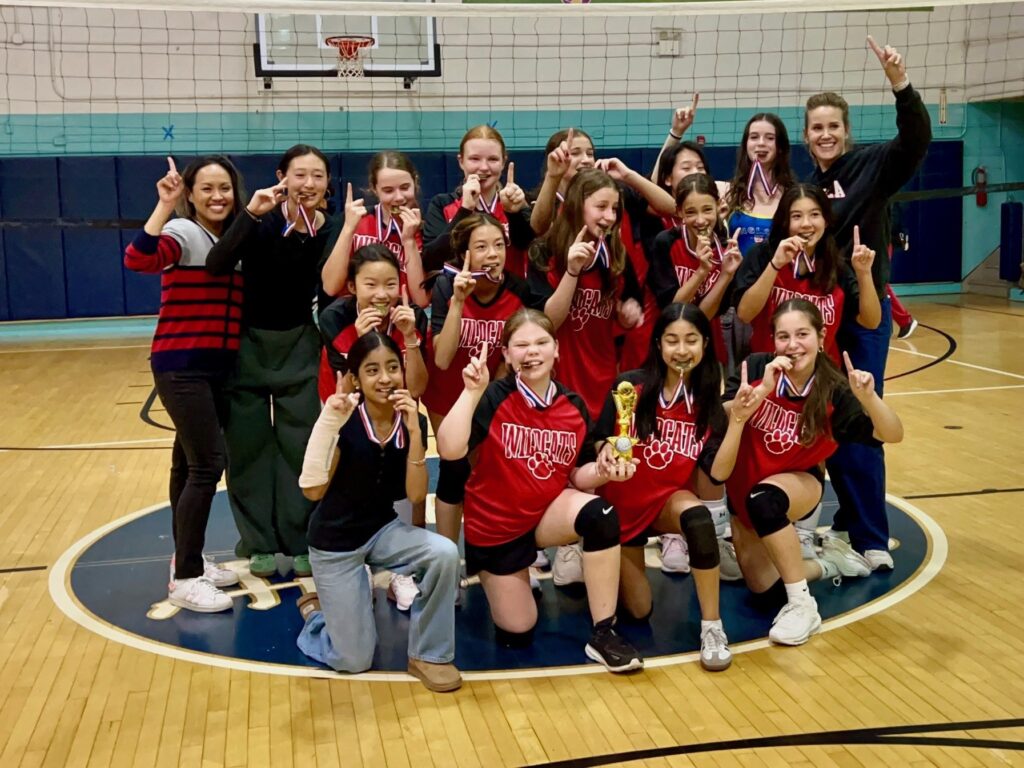
Program Expansion:
Our athletics/sports offerings are experiencing exciting growth, particularly in volleyball and soccer.
- After the middle school volleyball team secured a championship win last fall, enthusiasm for the sport has continued to build, leading to the launch of a brand-new high school volleyball team this fall.
- Additionally, our high school soccer program is kicking off its inaugural season this year by joining a new competitive league.
Cultivating Well-Rounded Wildcats
At BASIS Independent Manhattan, our extracurricular and athletic programs are integral to our mission of educating students to the highest international standards. They are designed to complement our rigorous academic curriculum, fostering collaboration, critical thinking, and a sense of community. We encourage both prospective and current families to explore these incredible opportunities.


